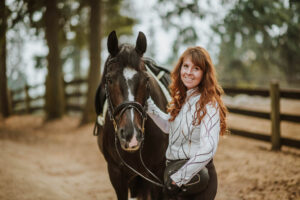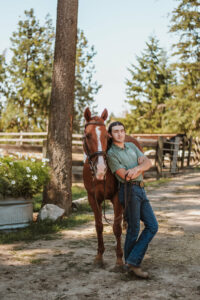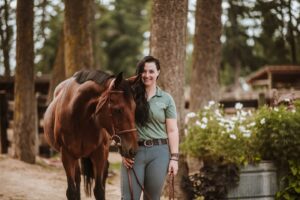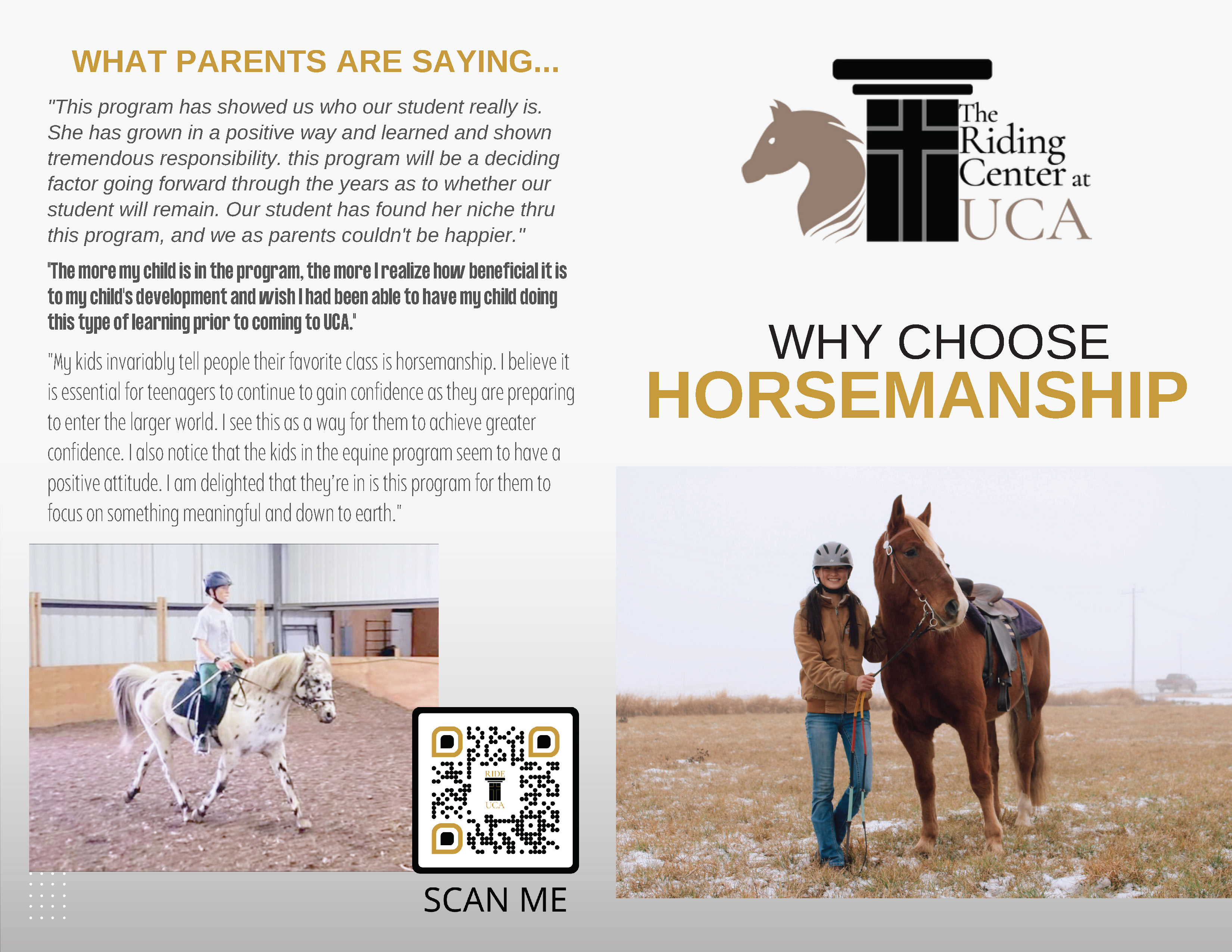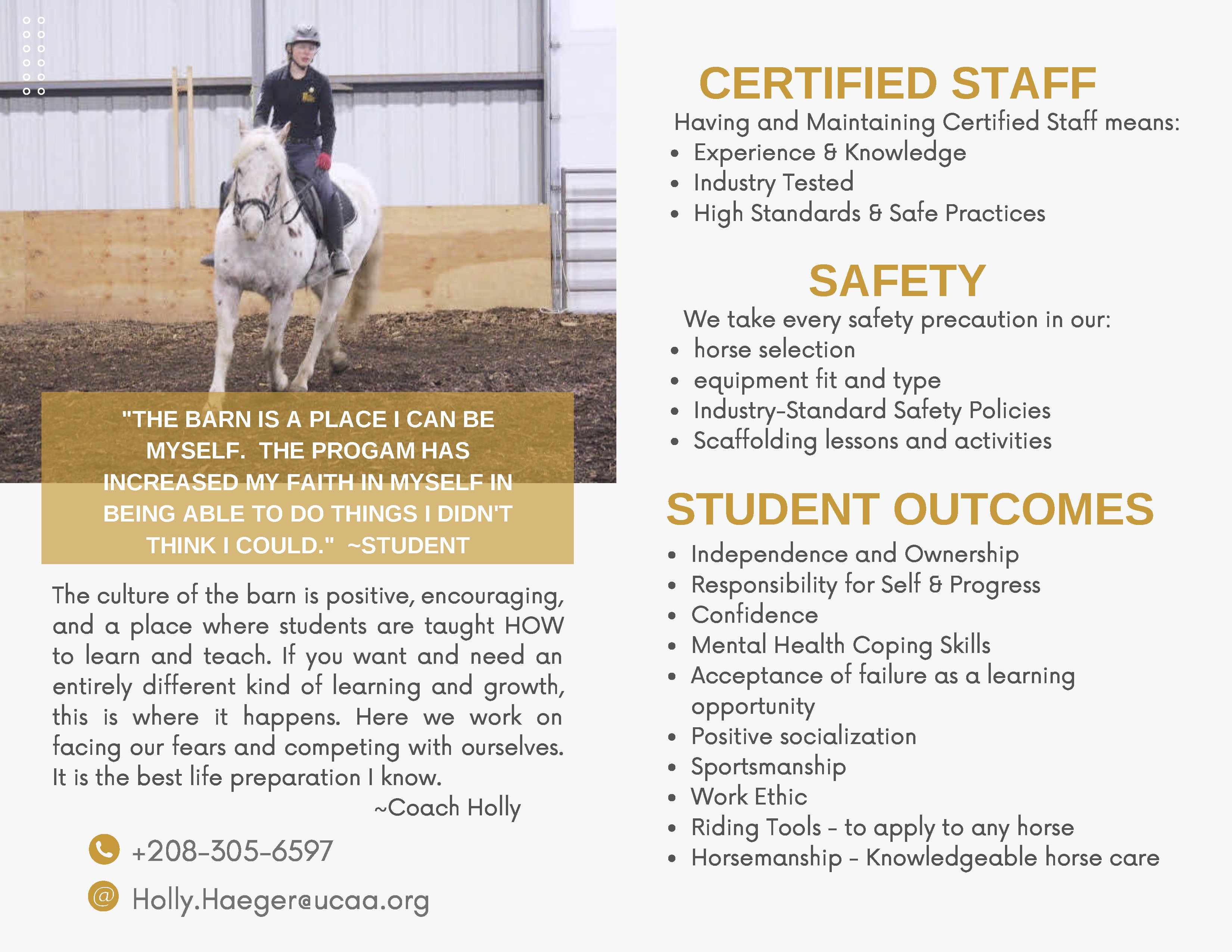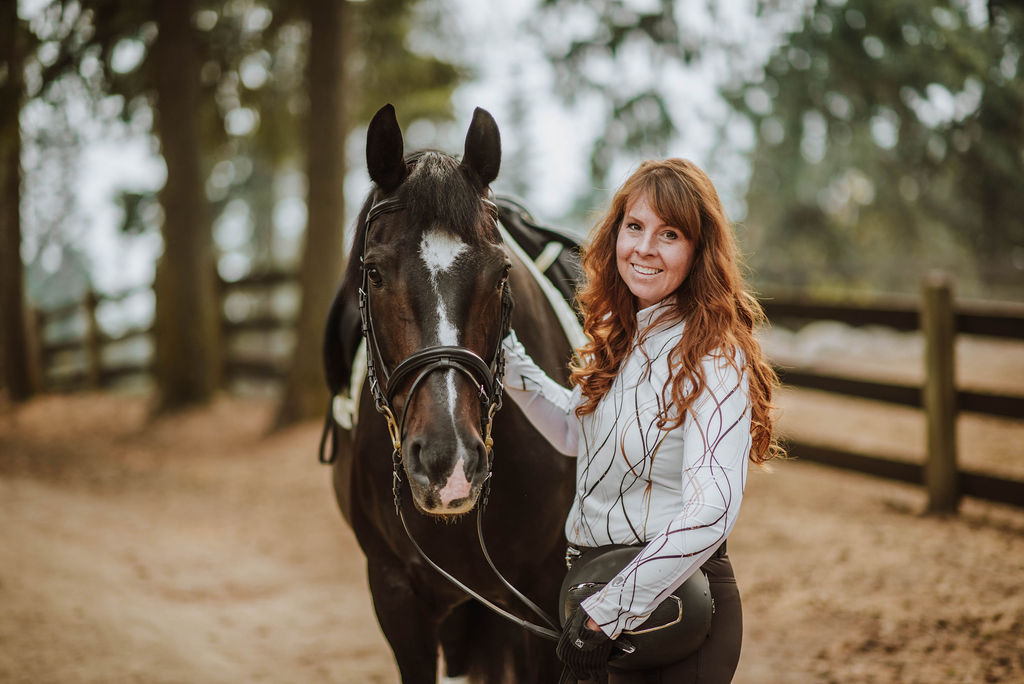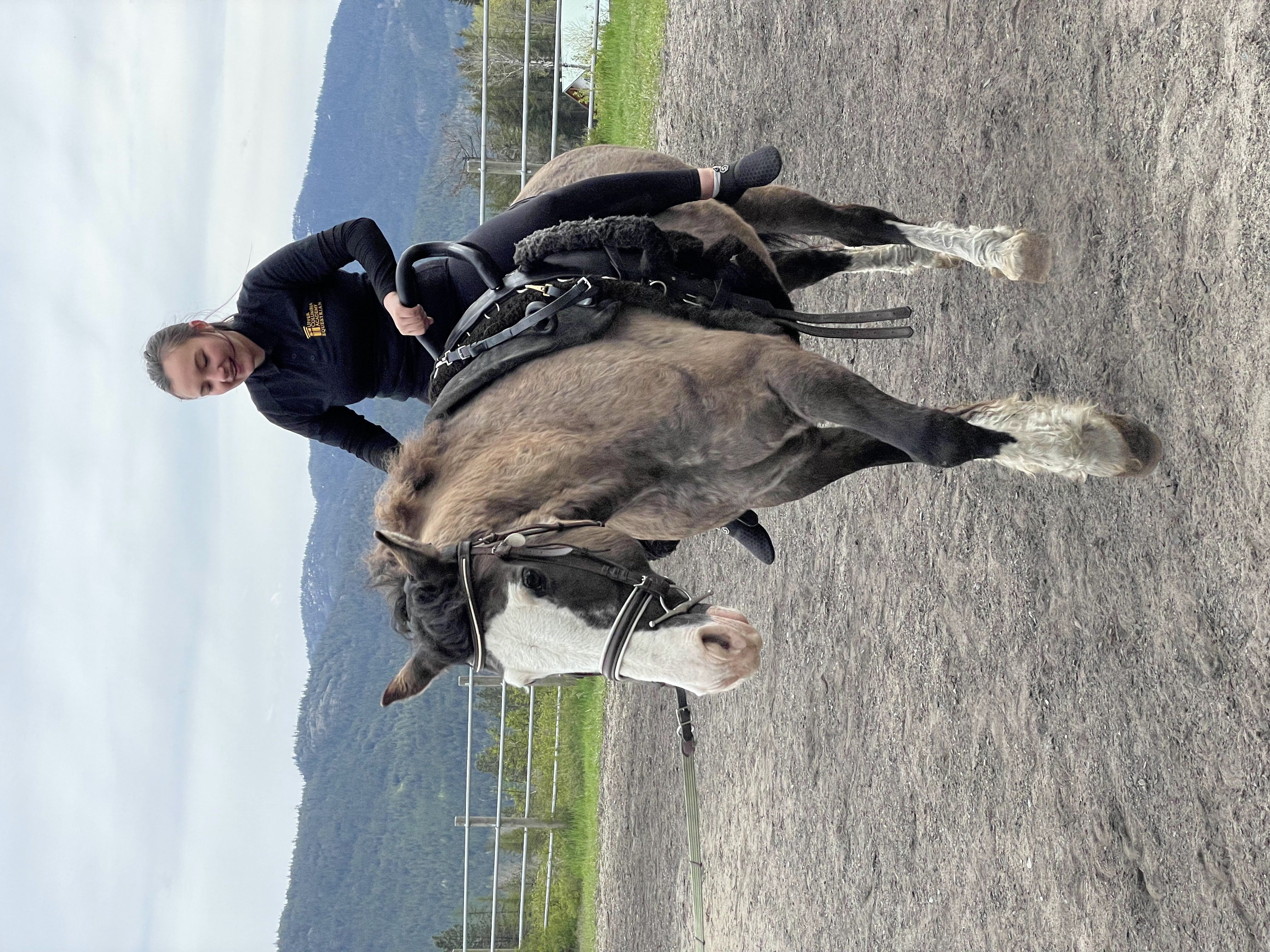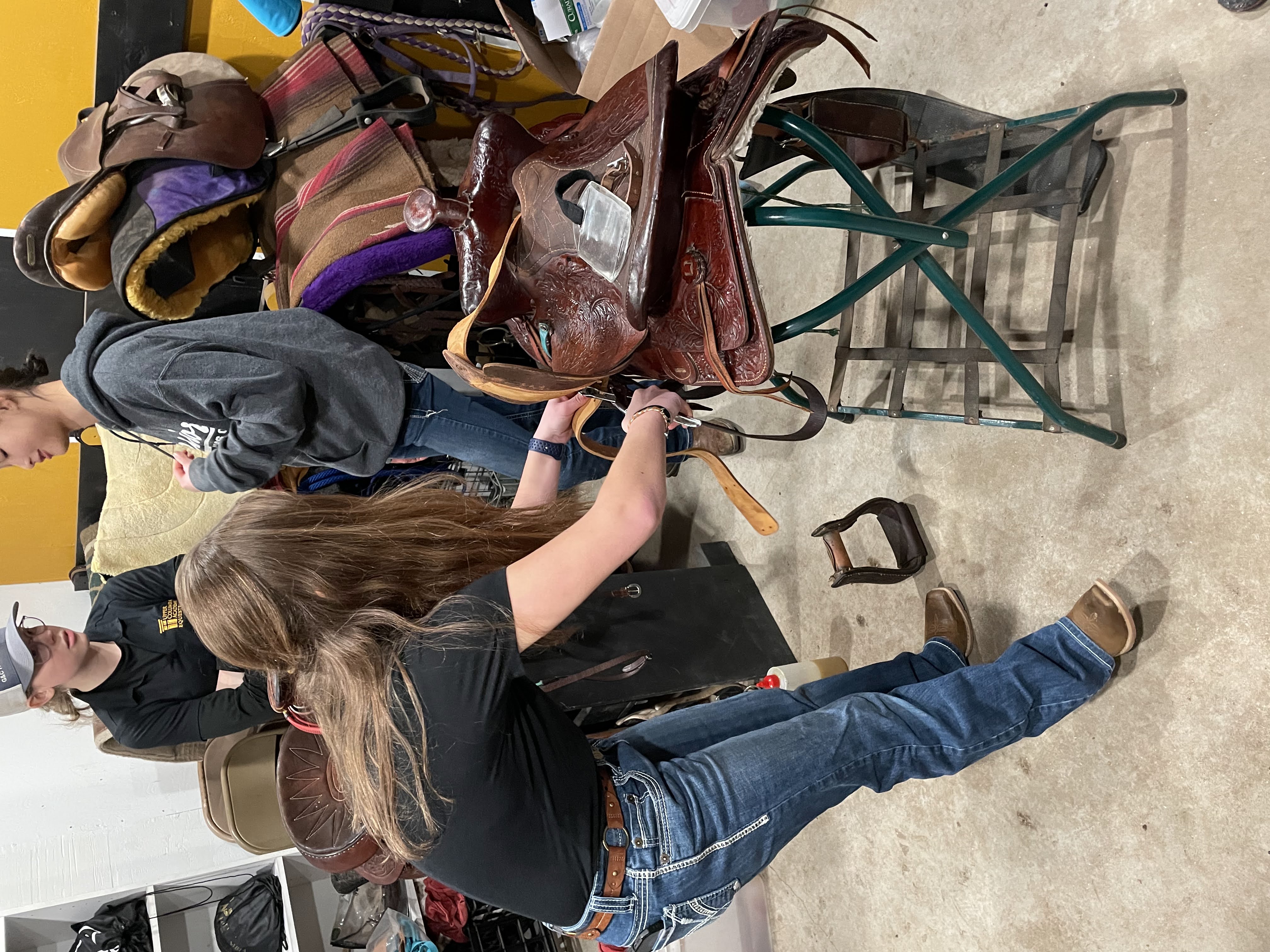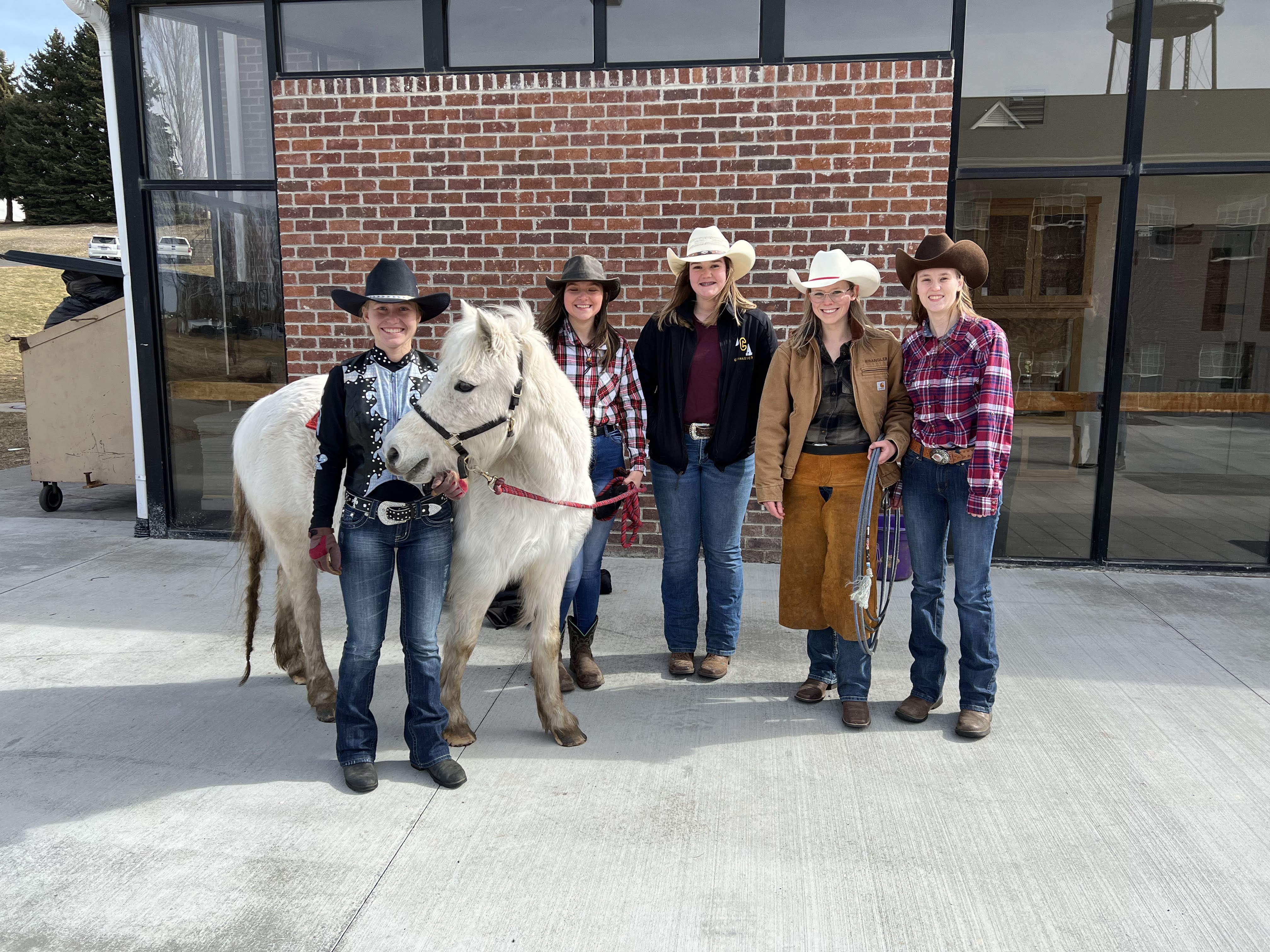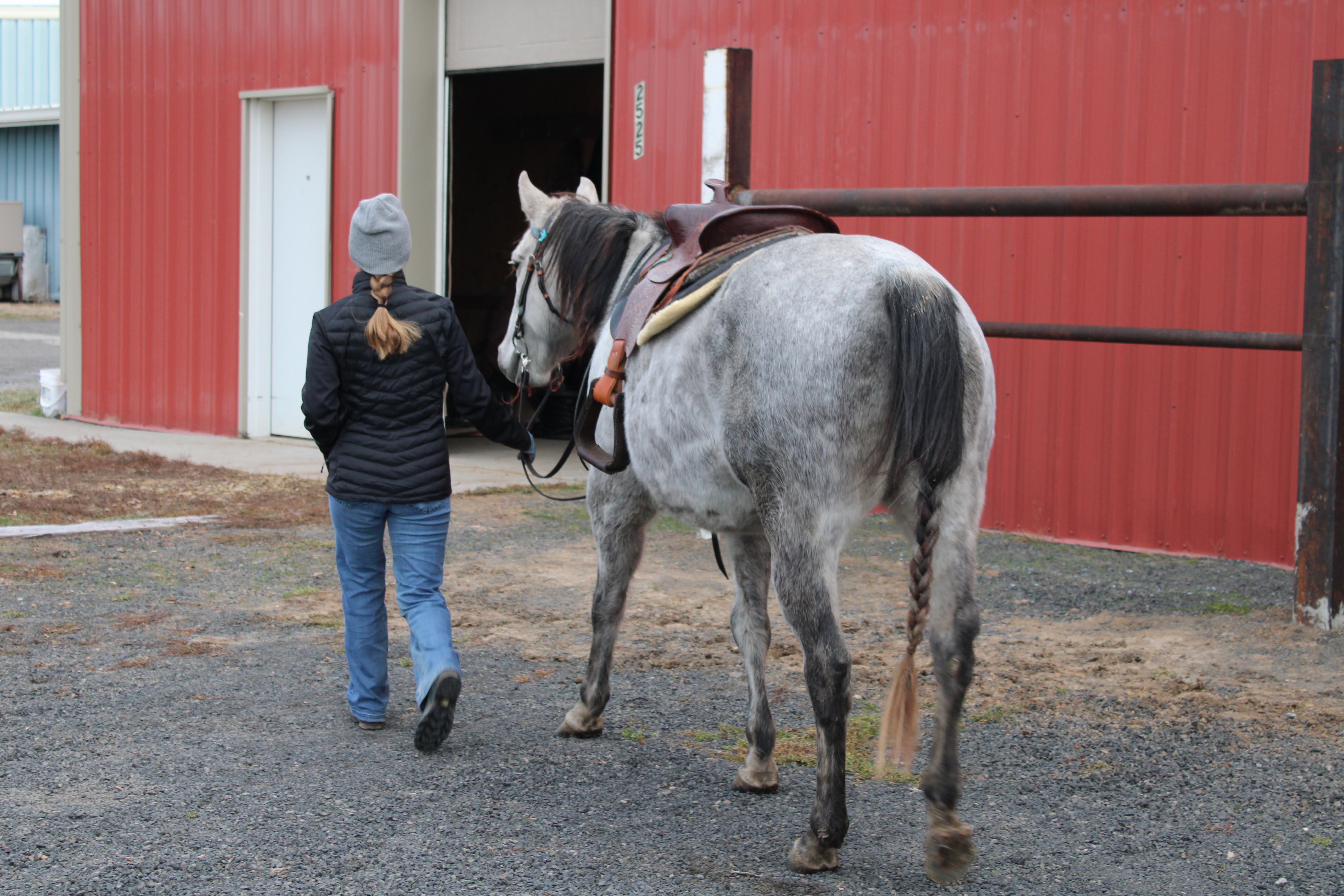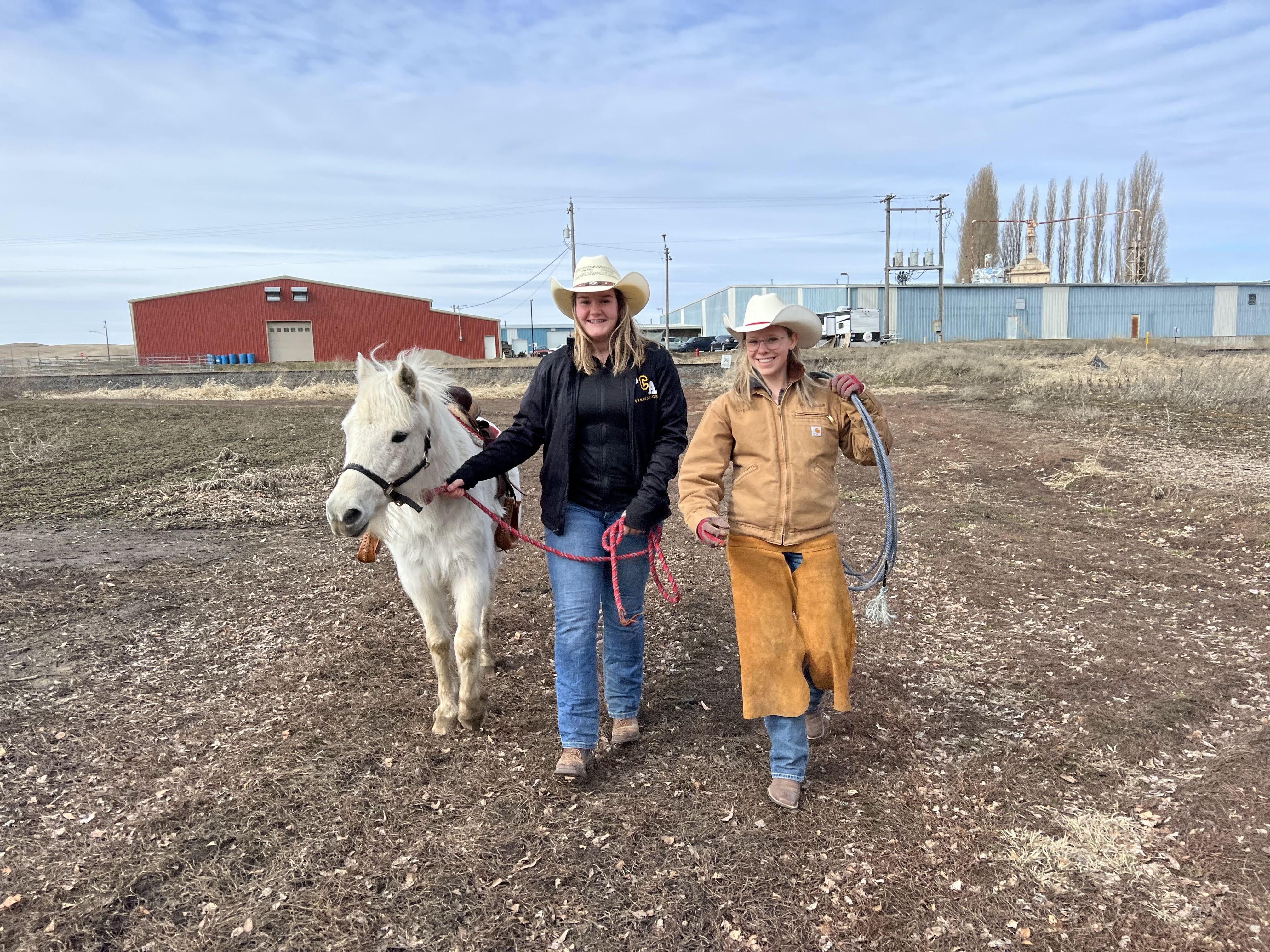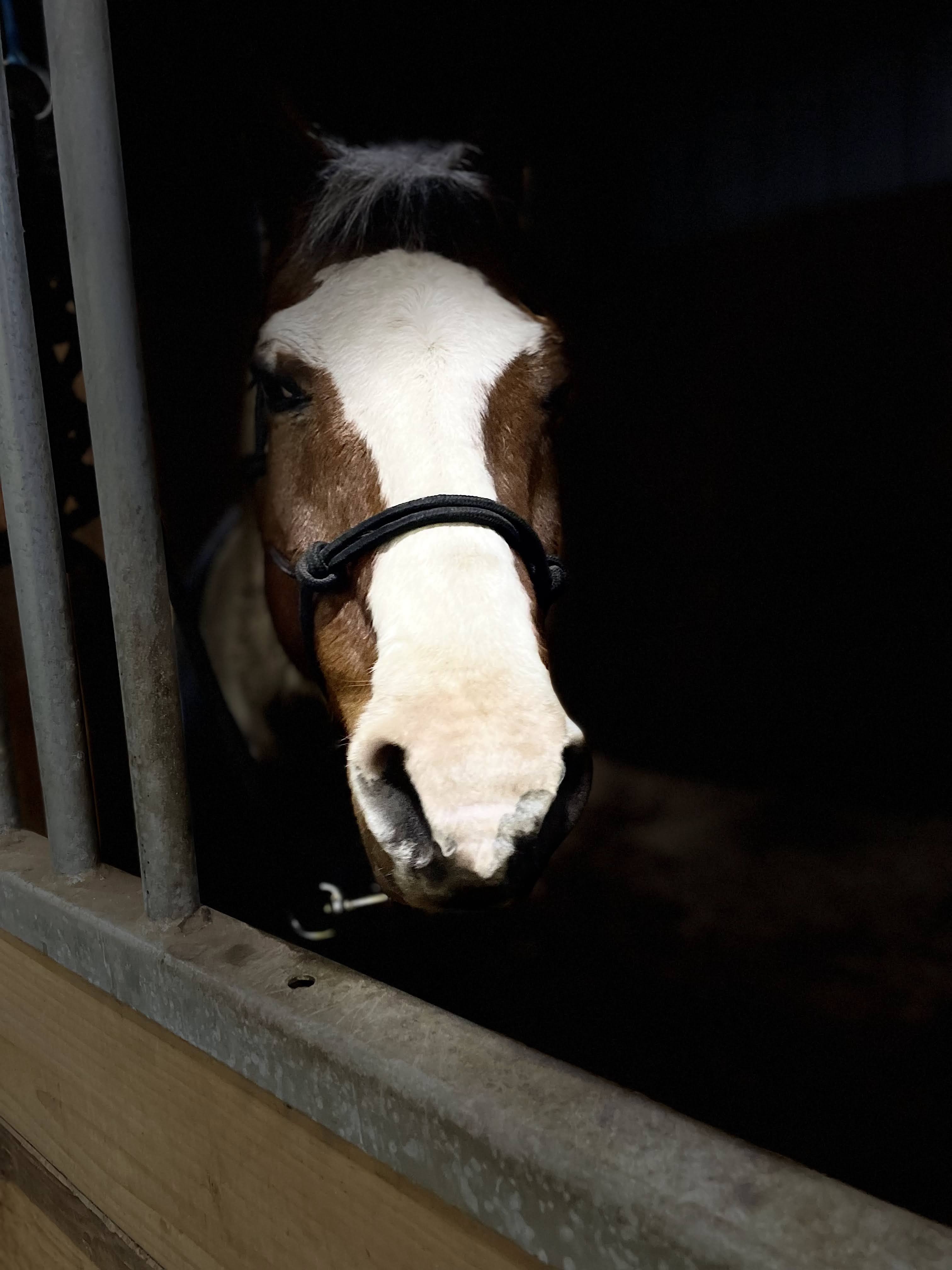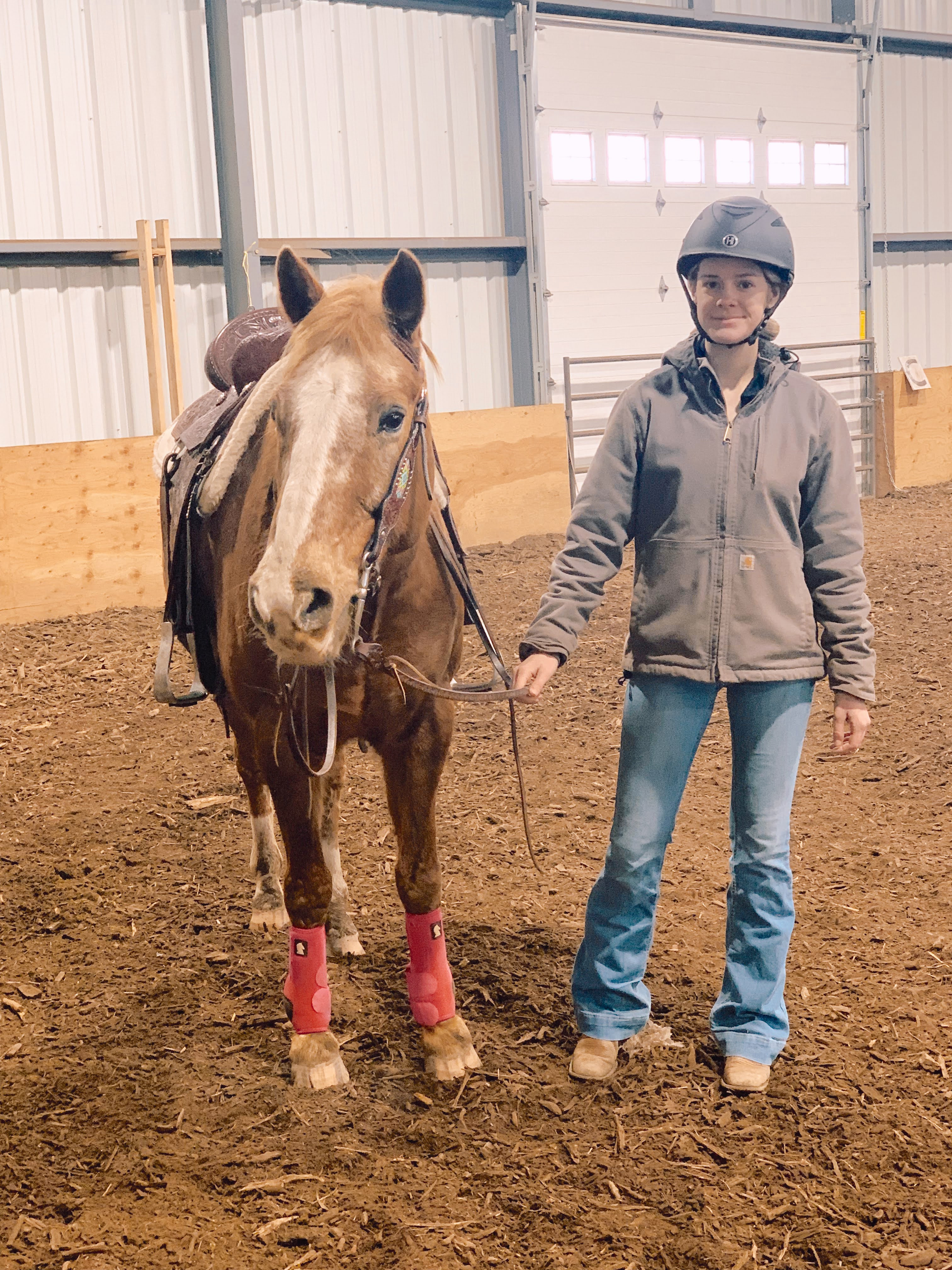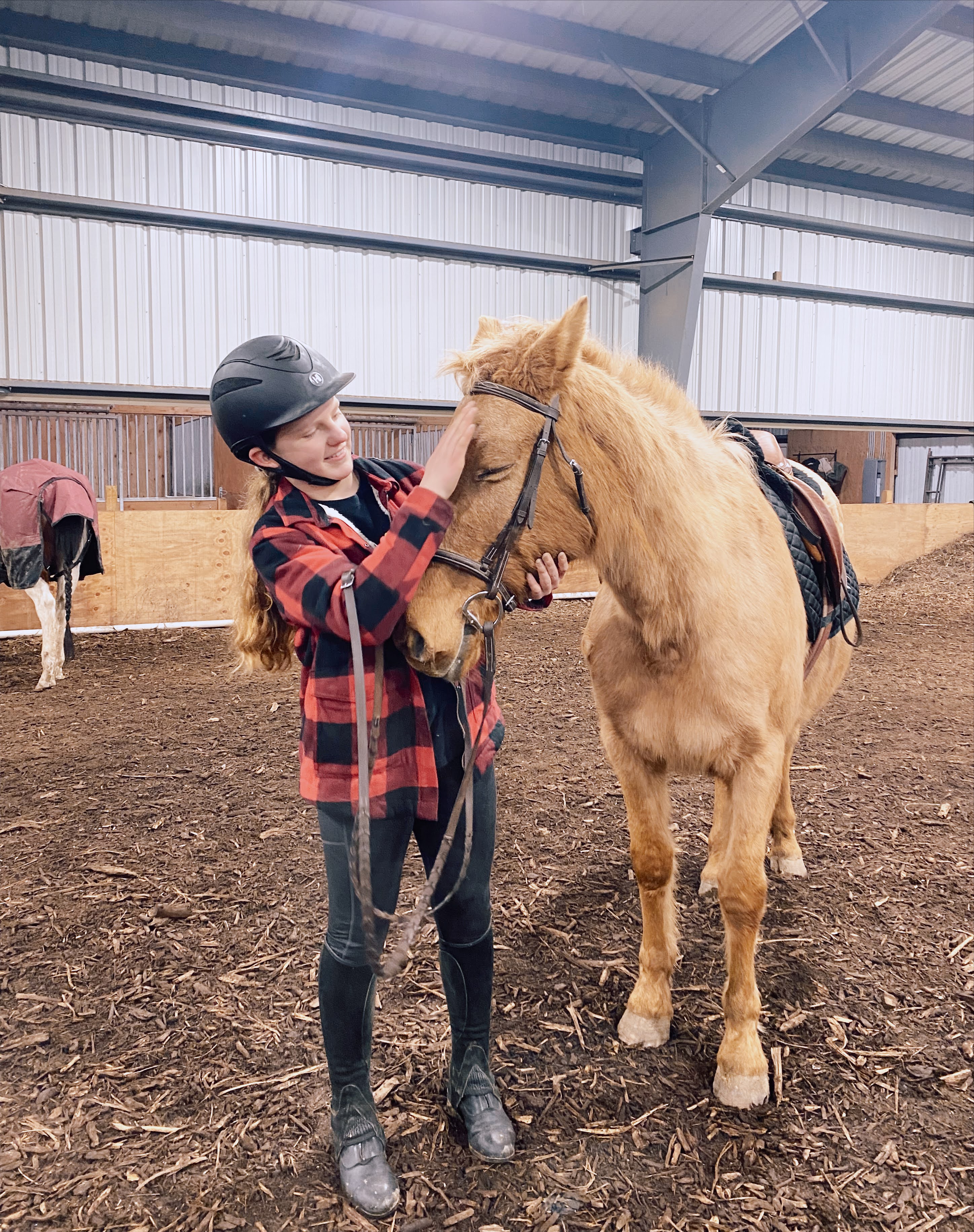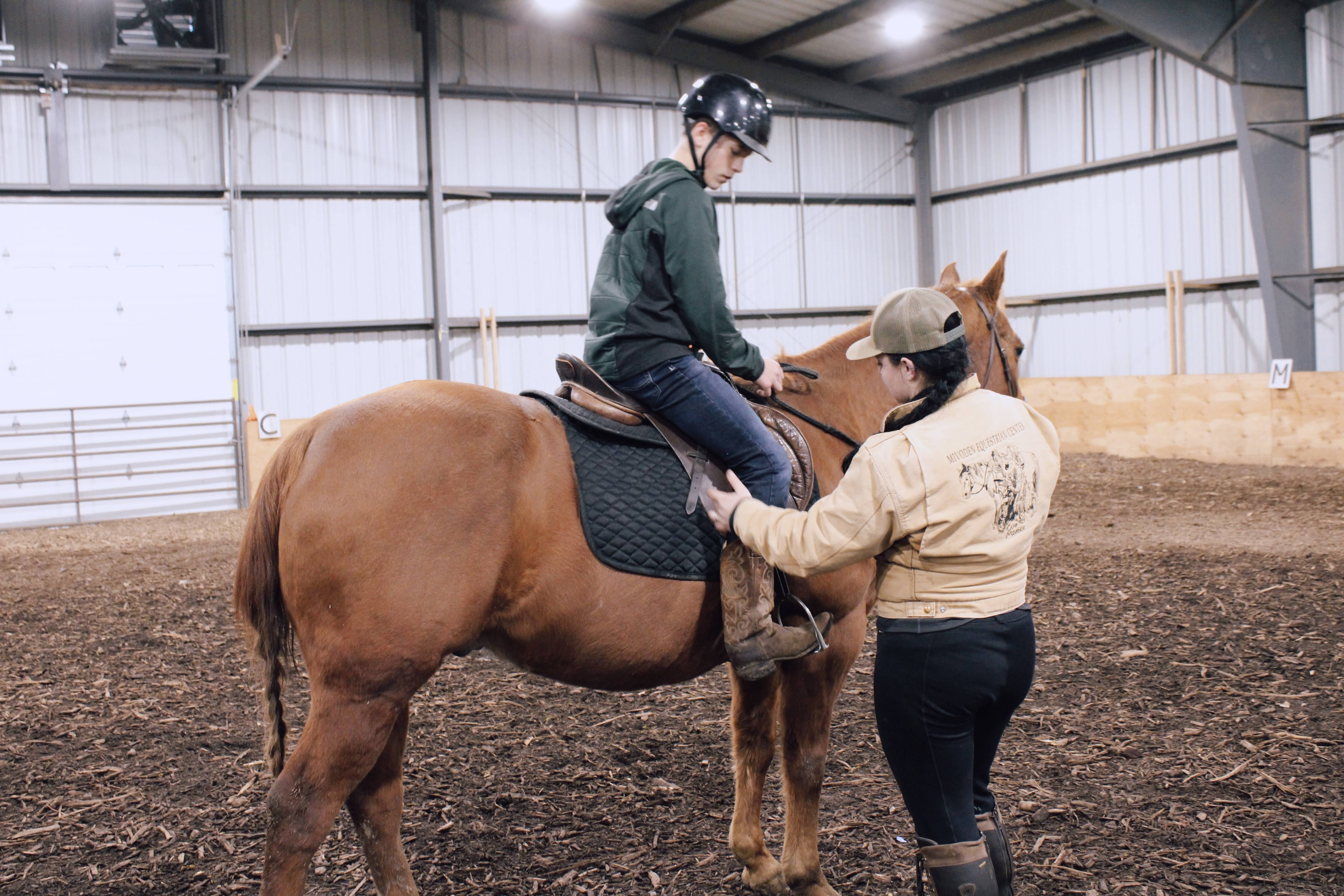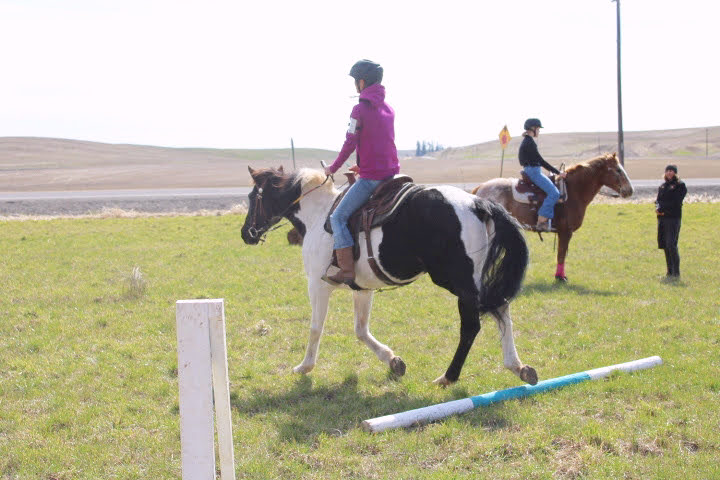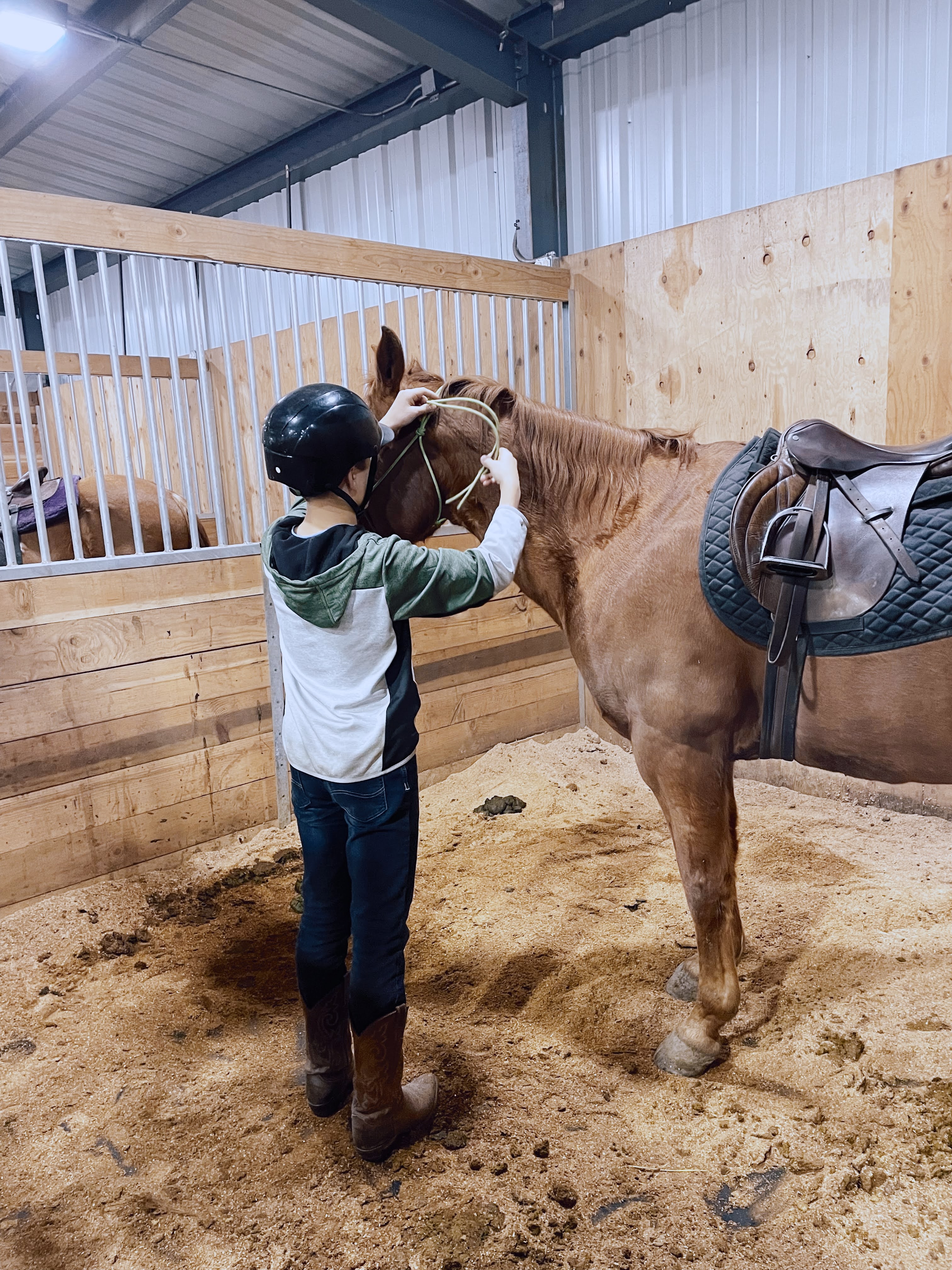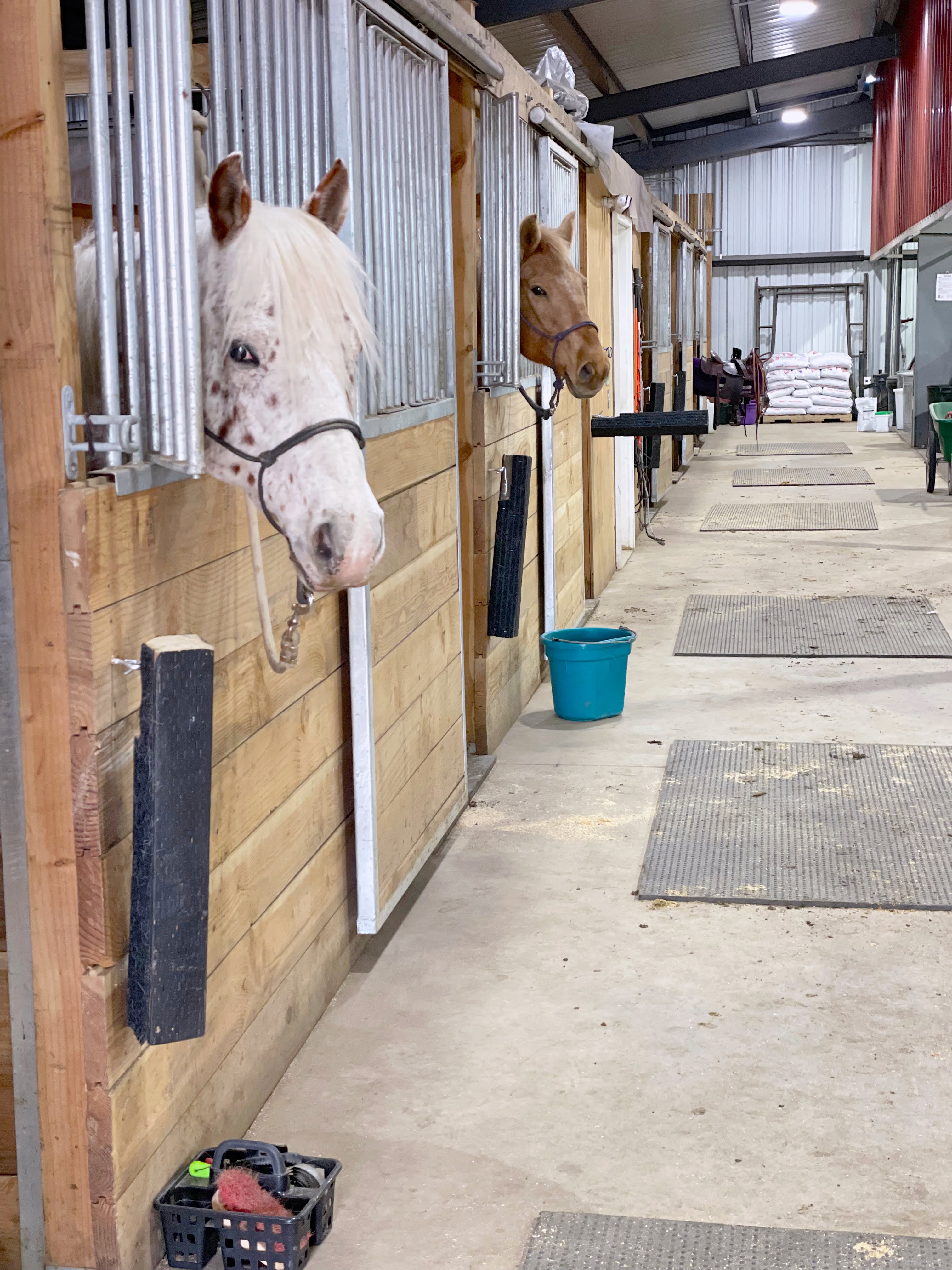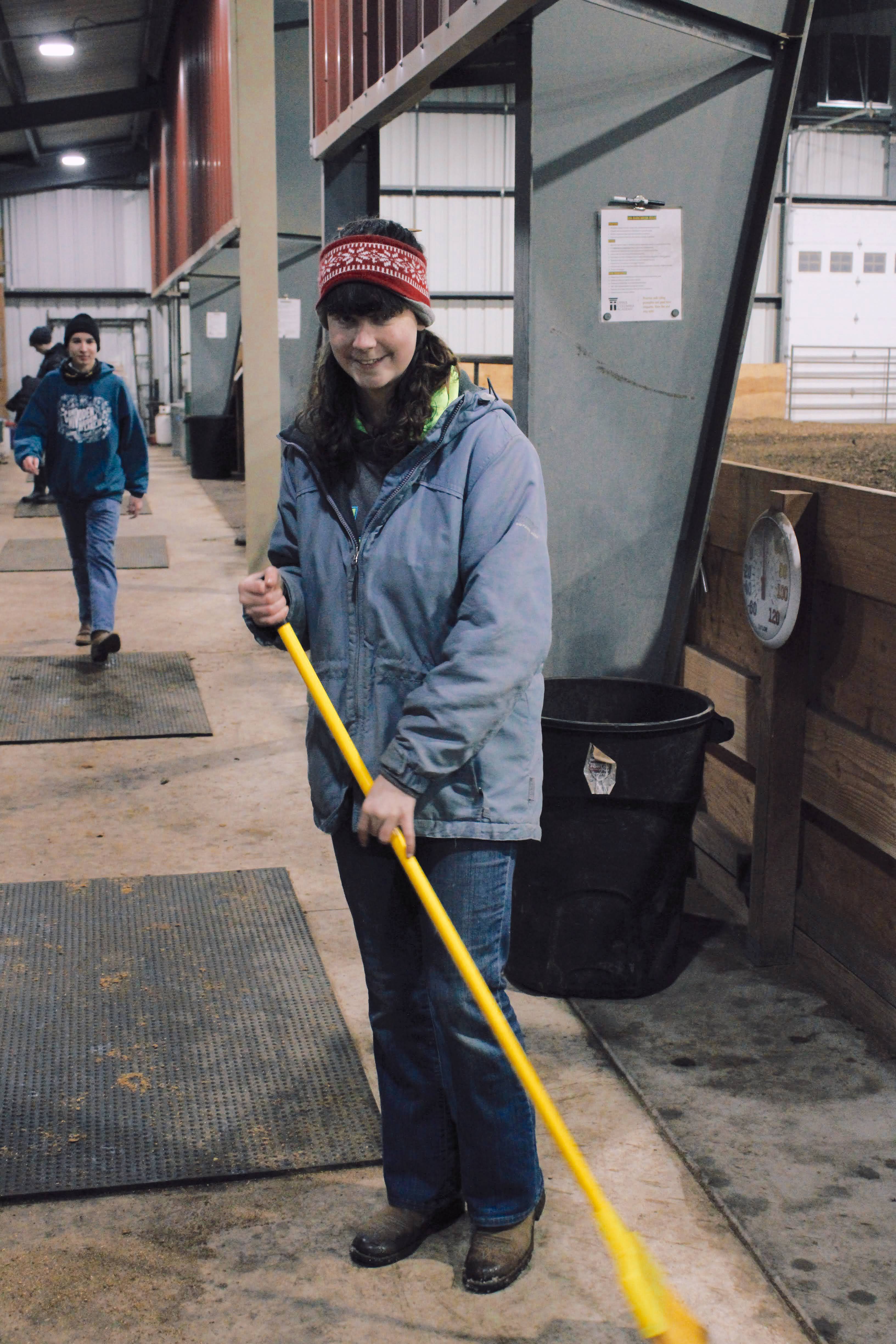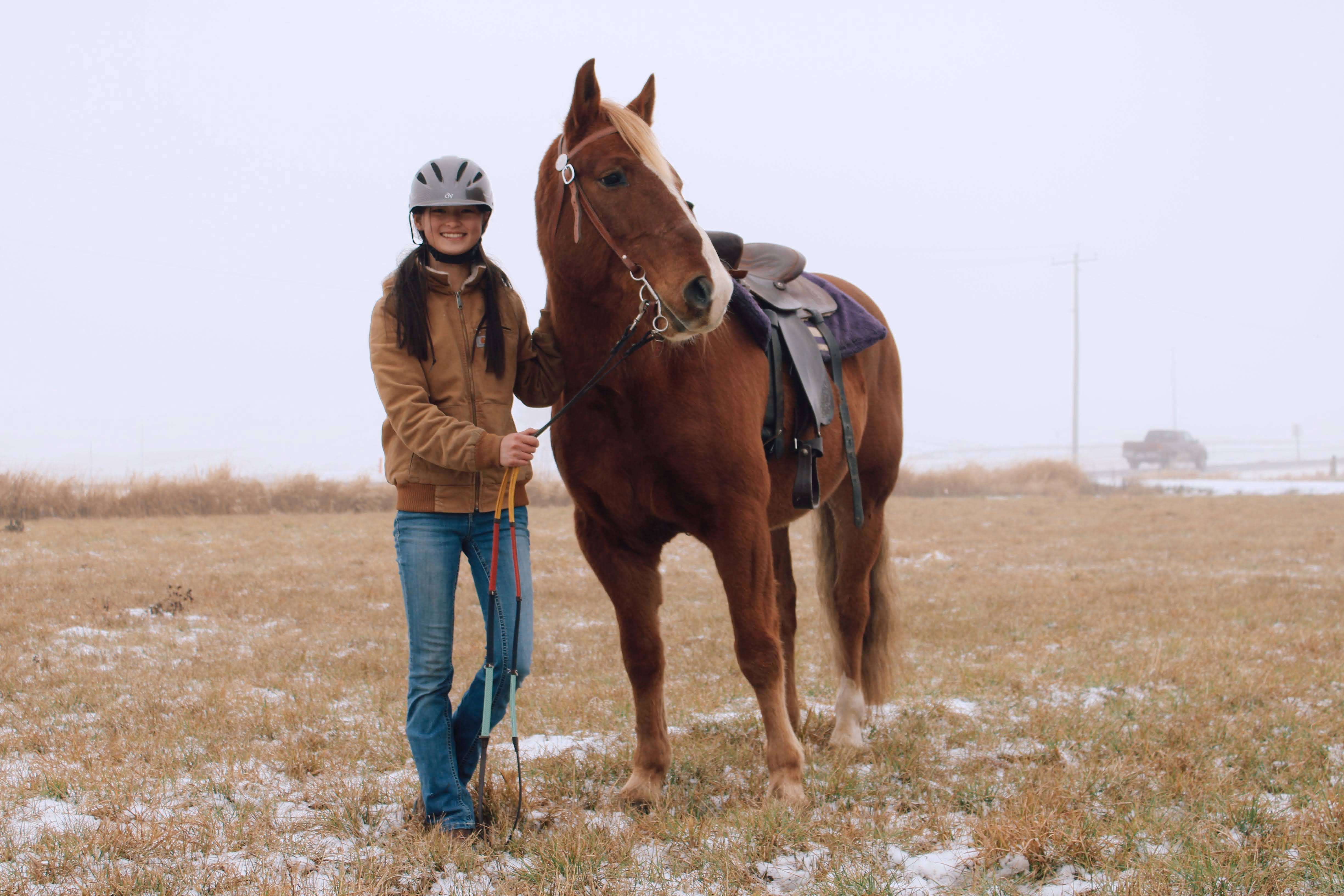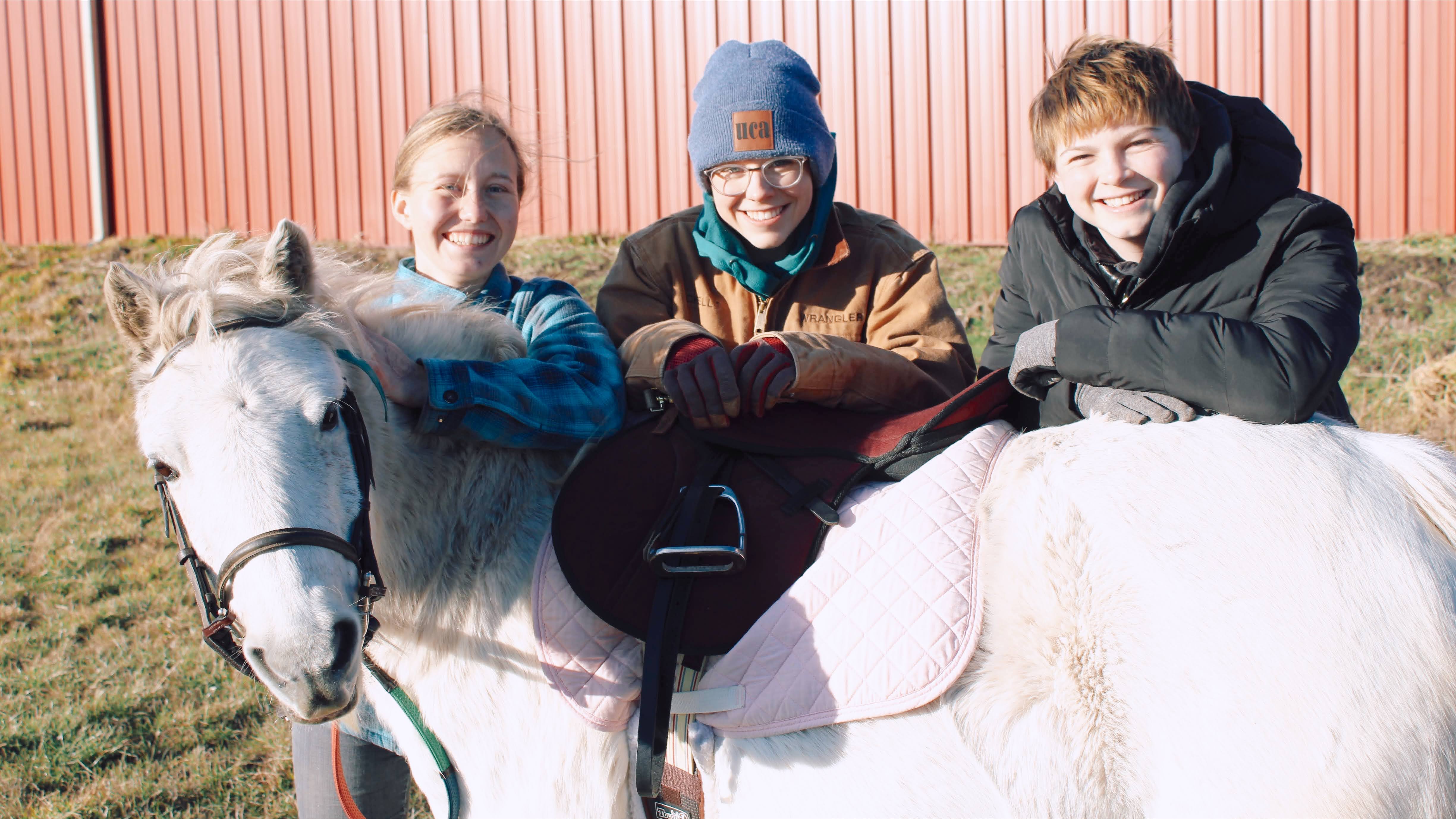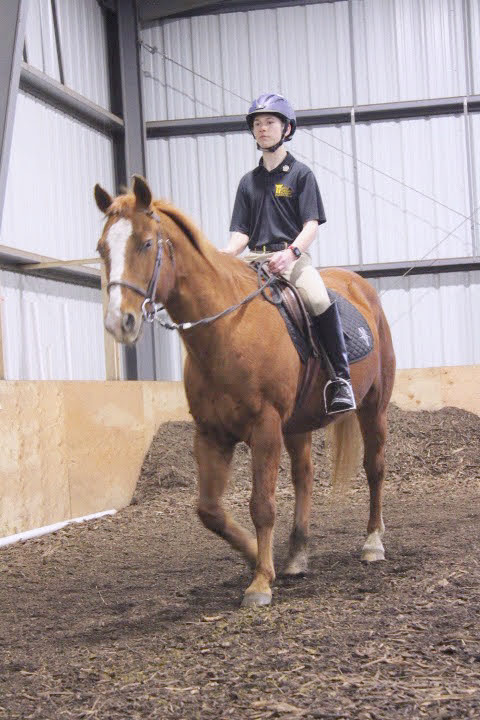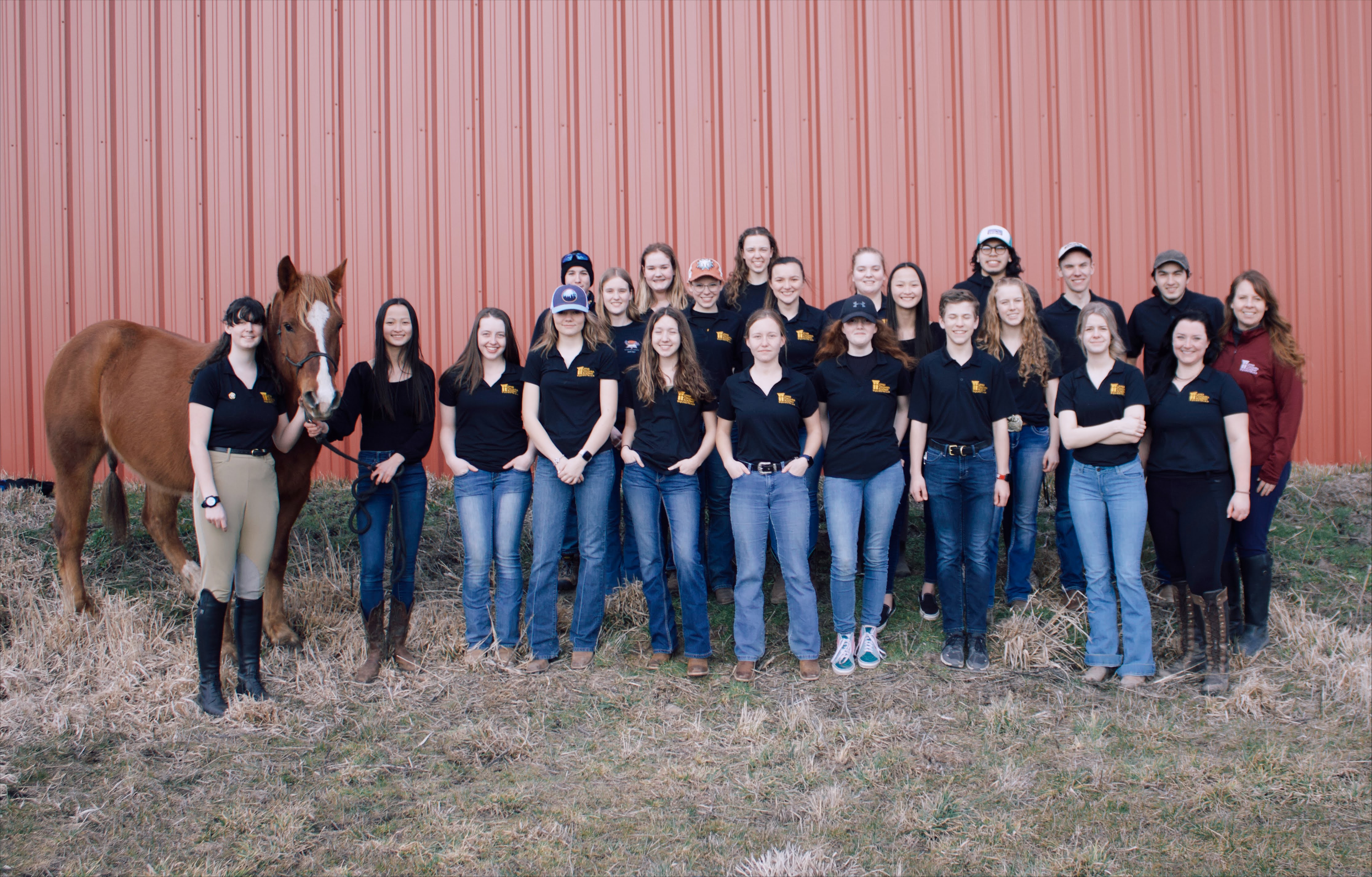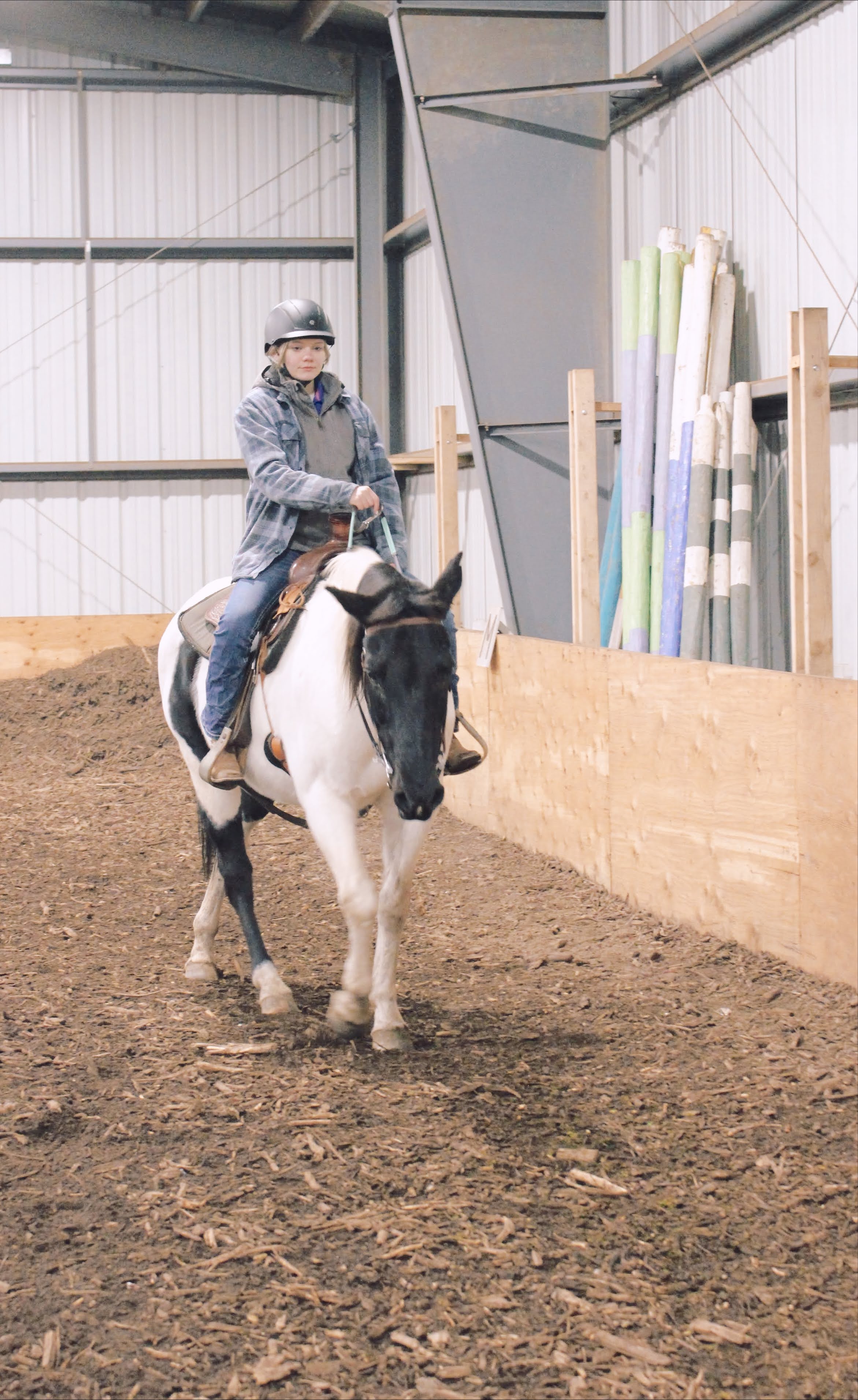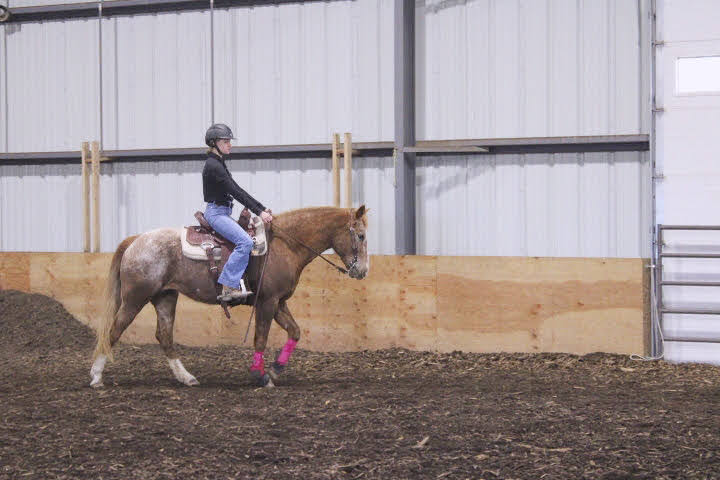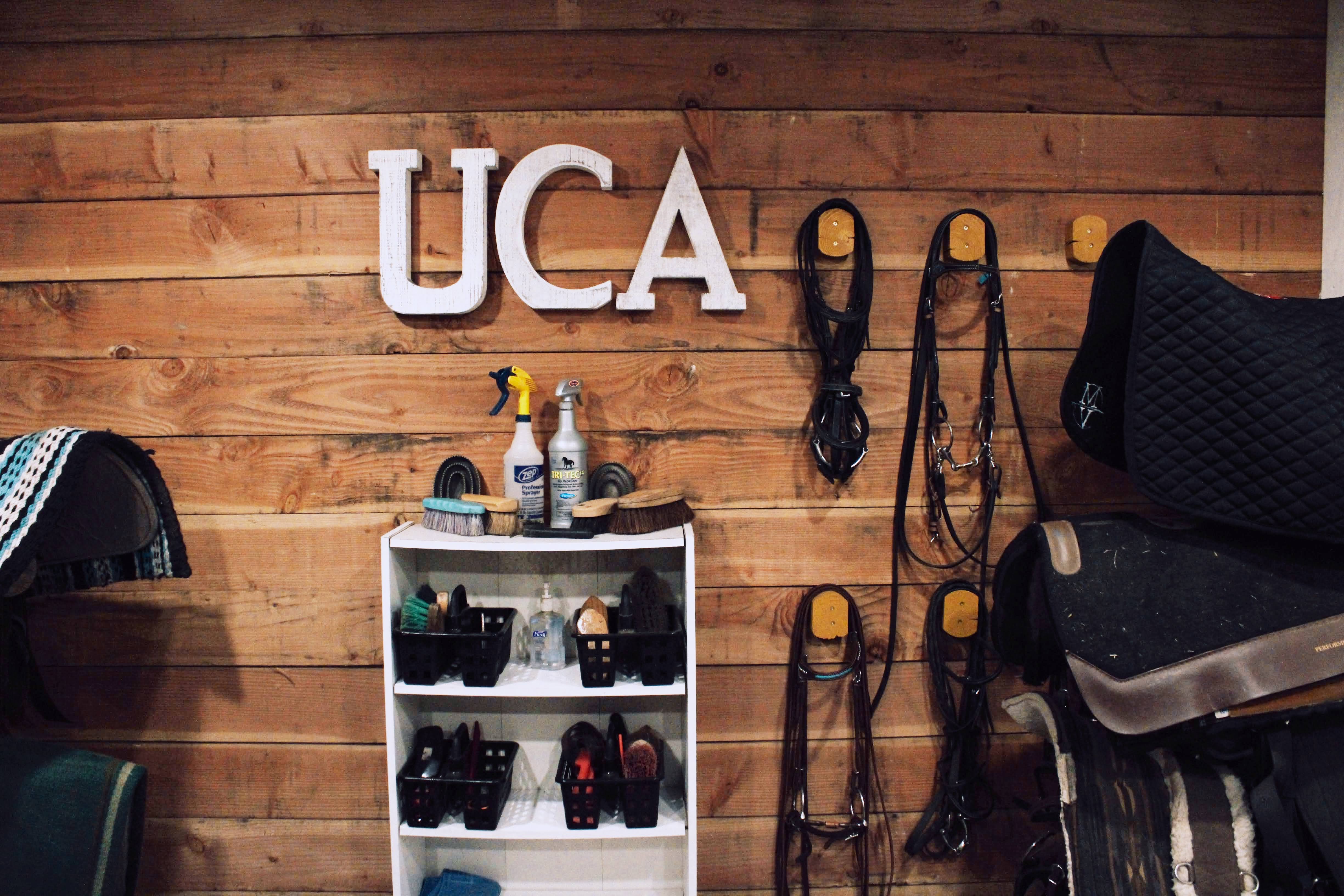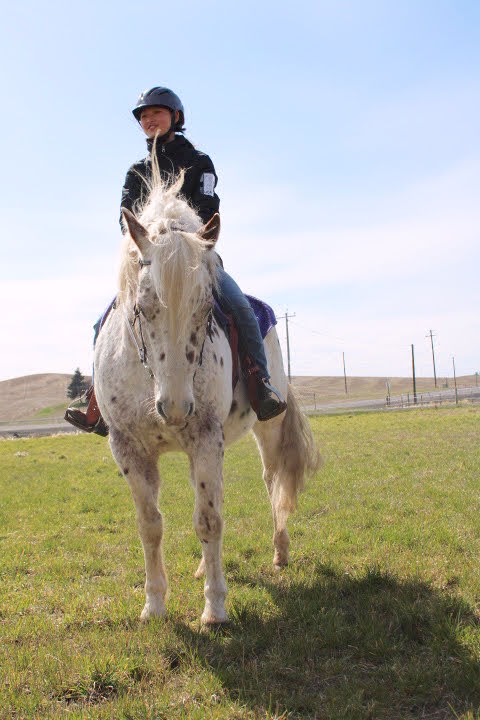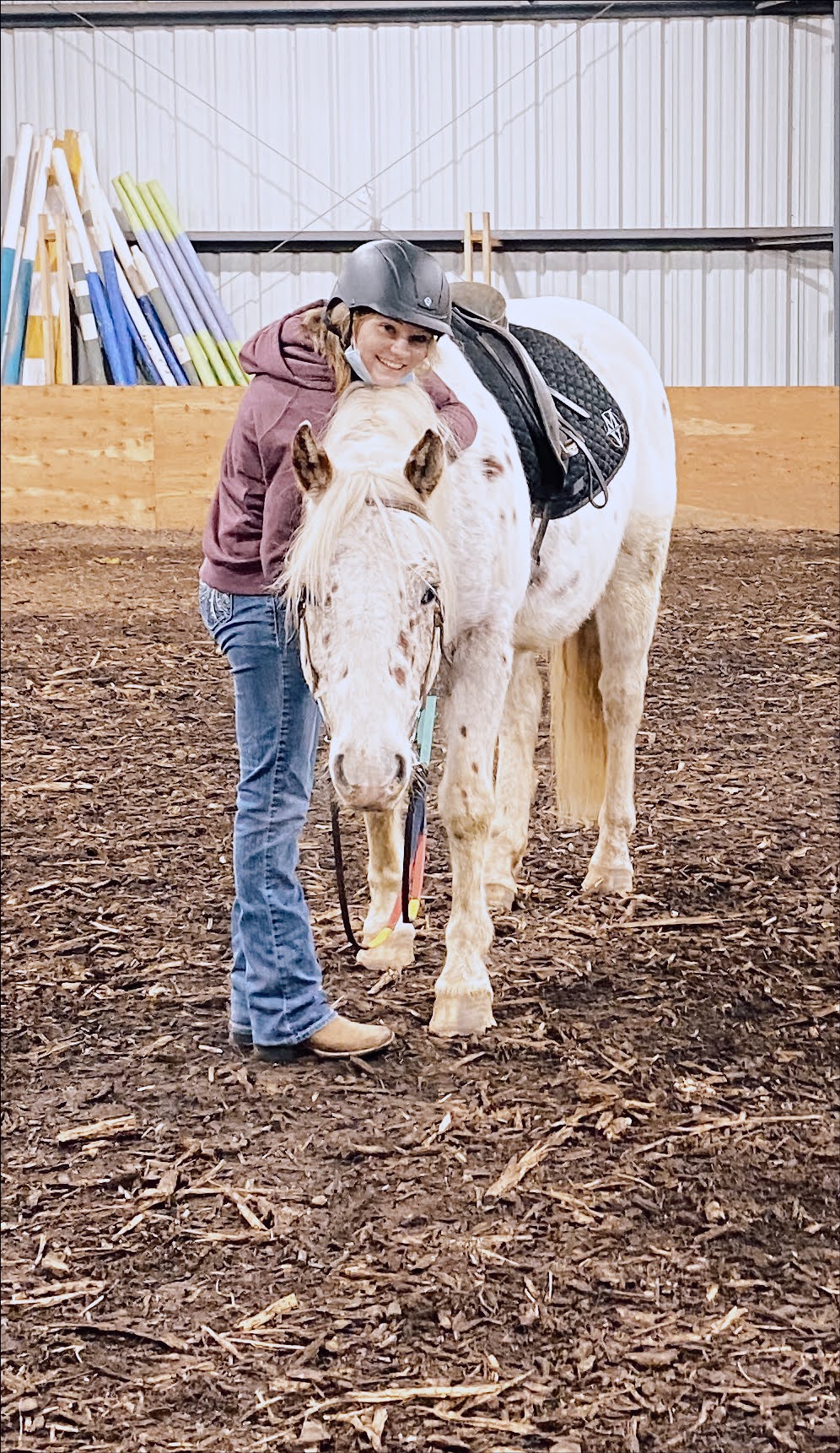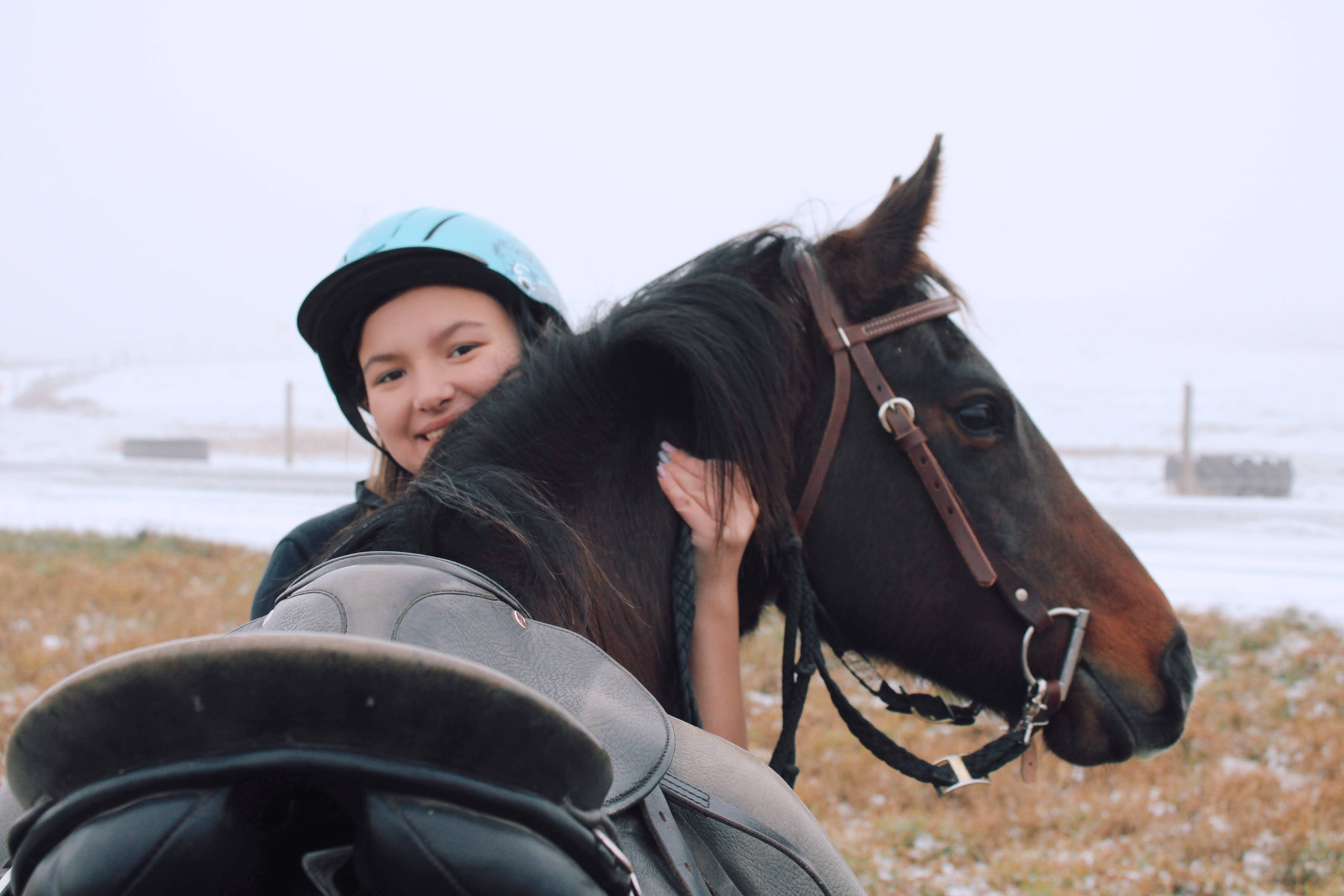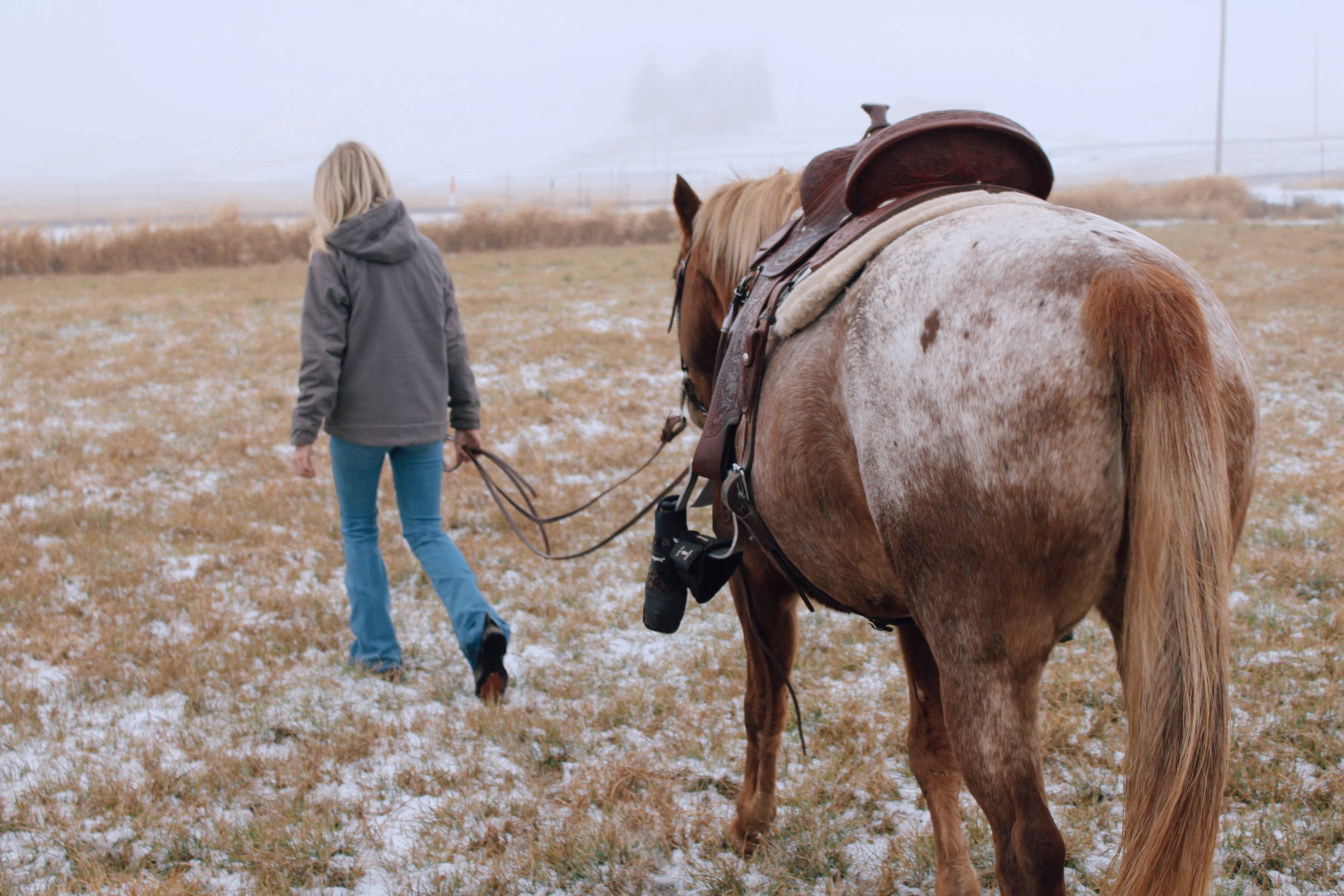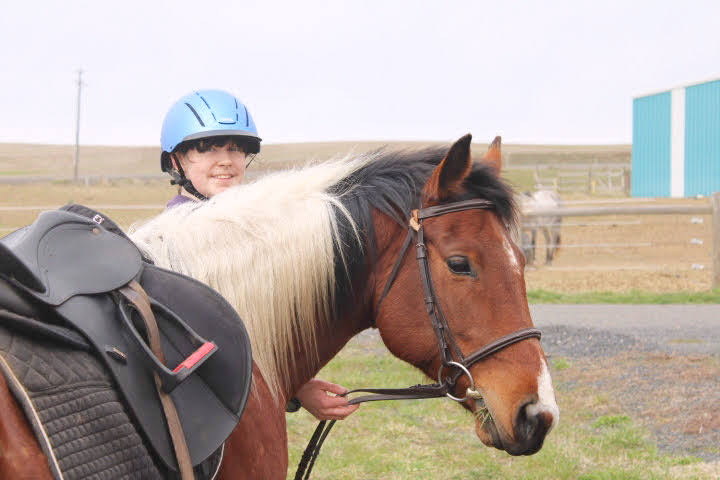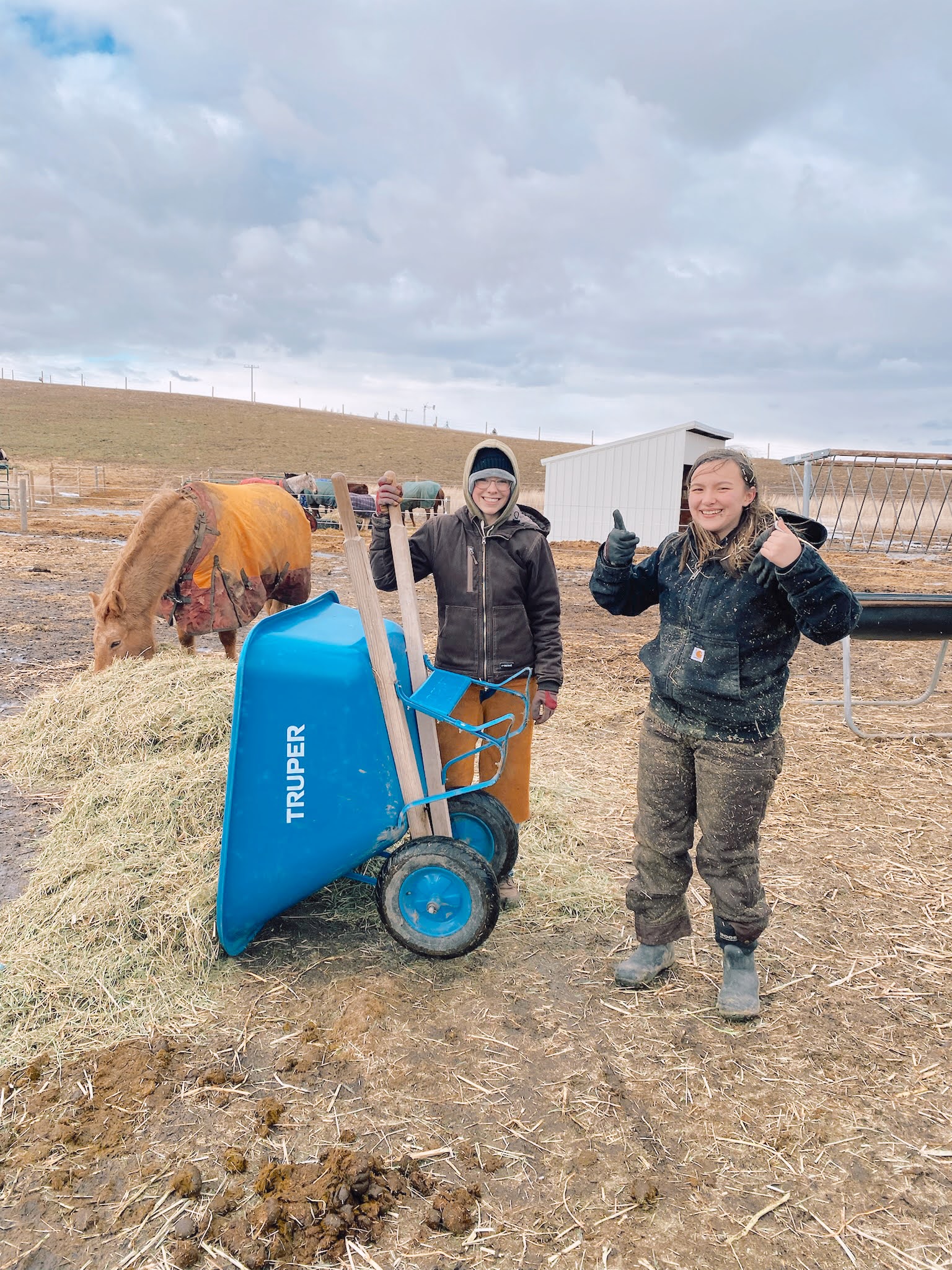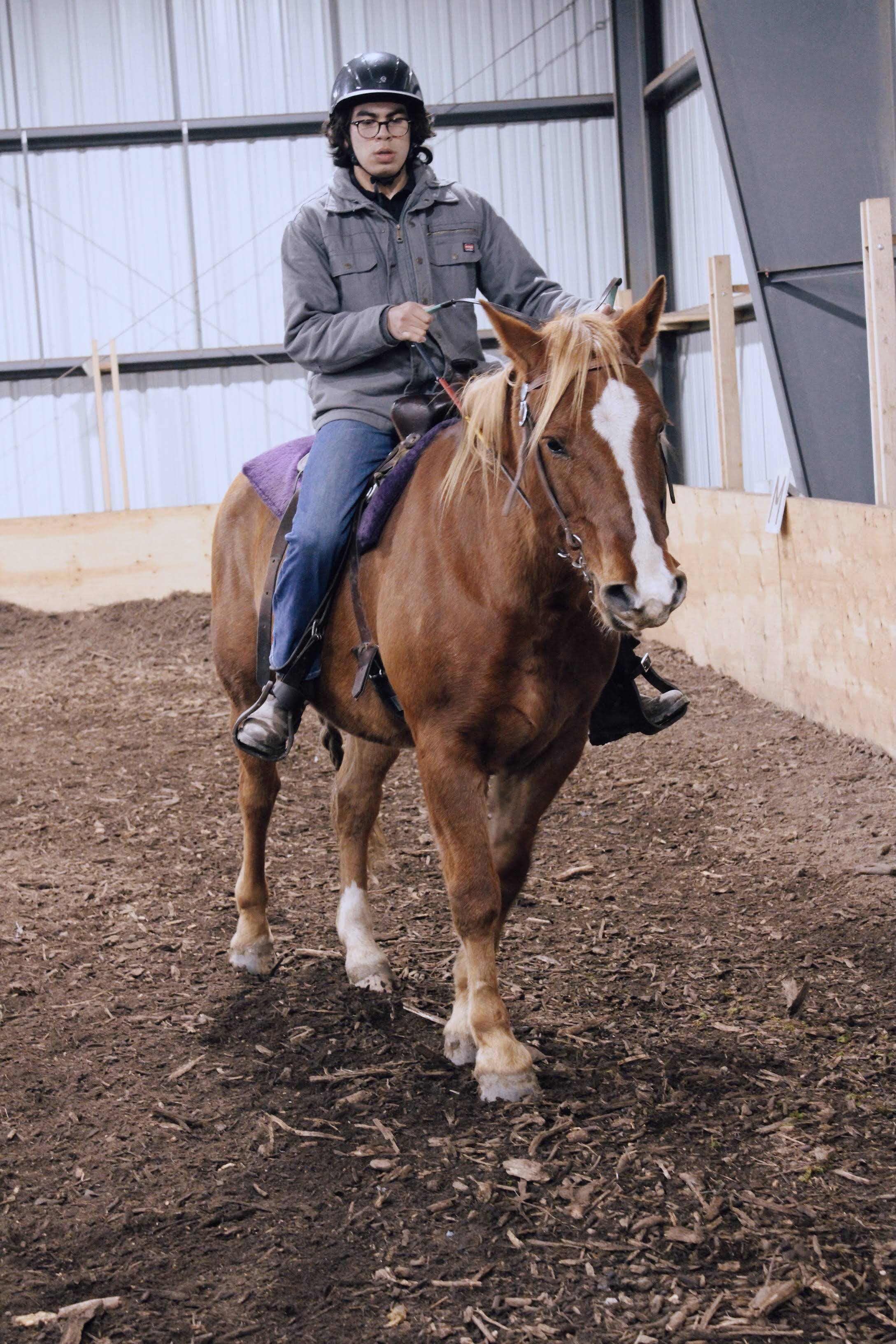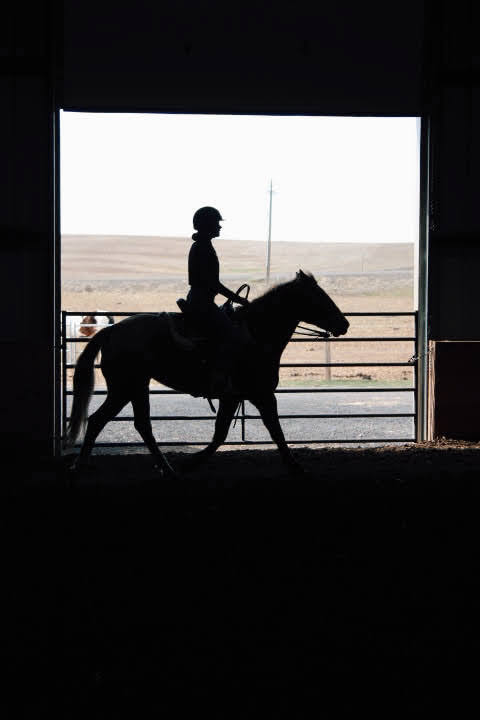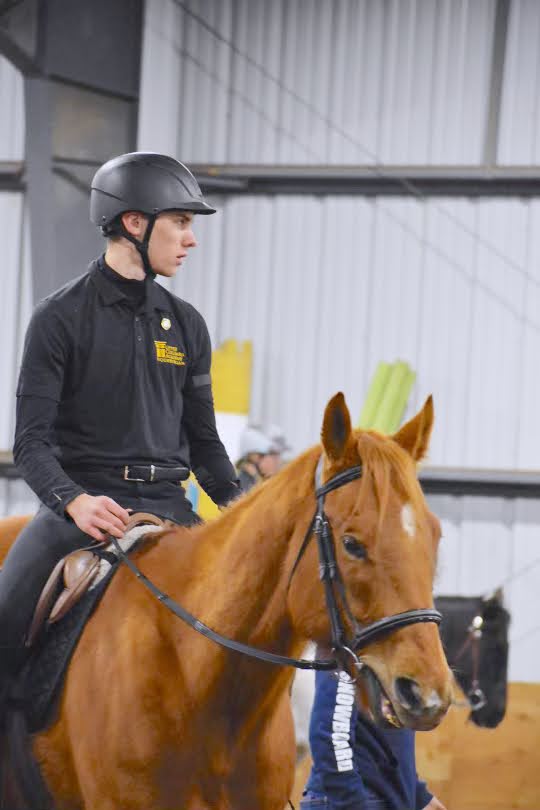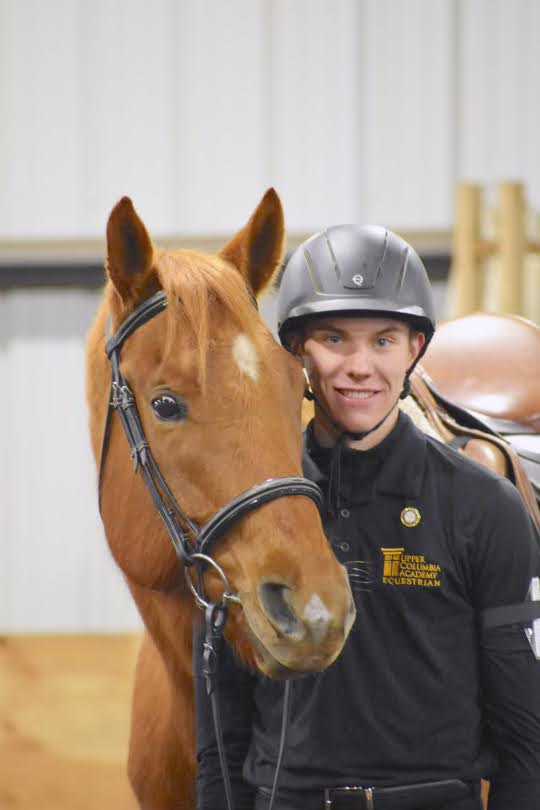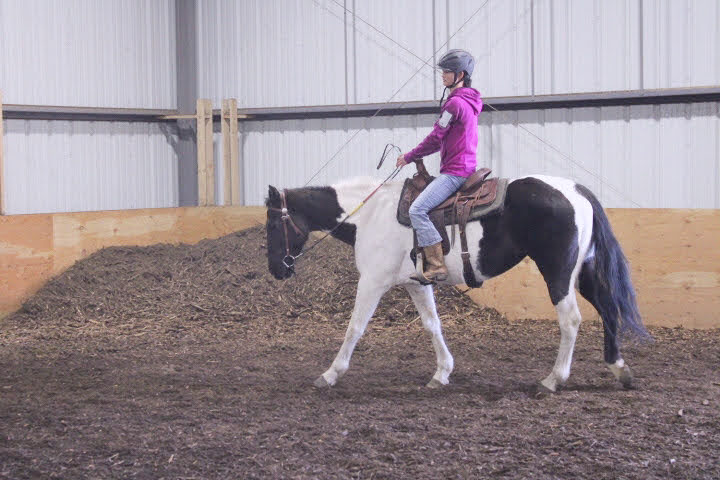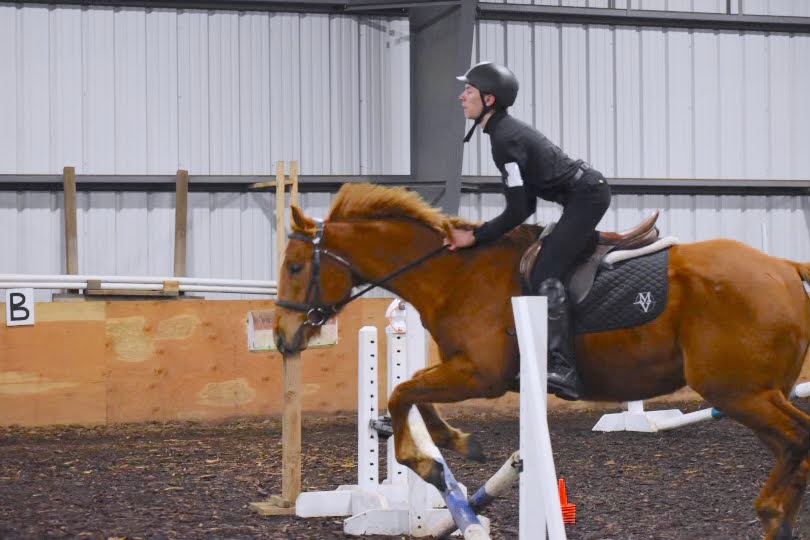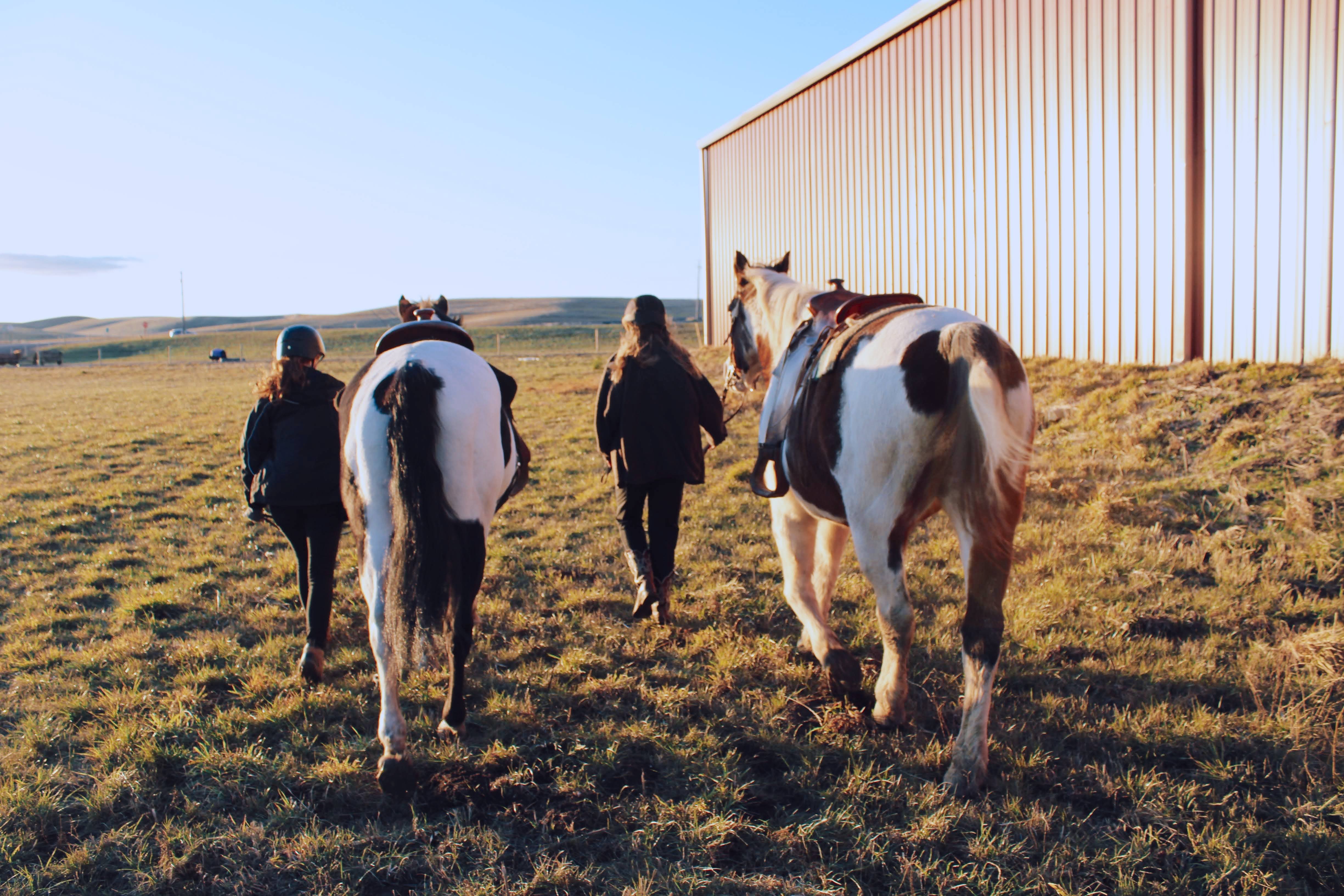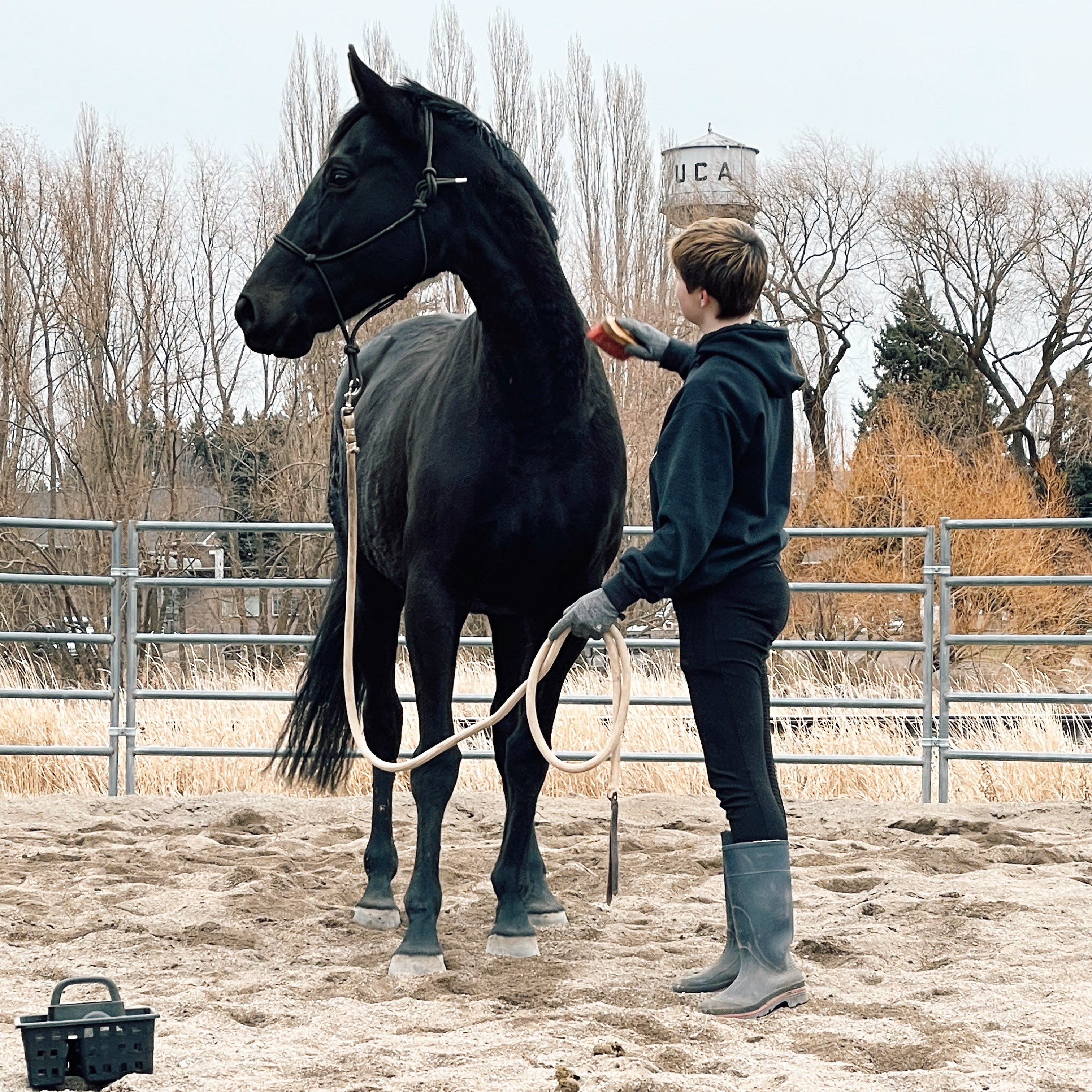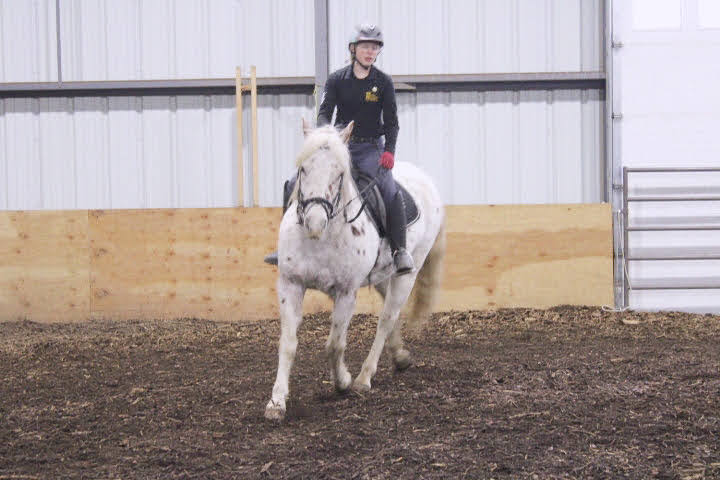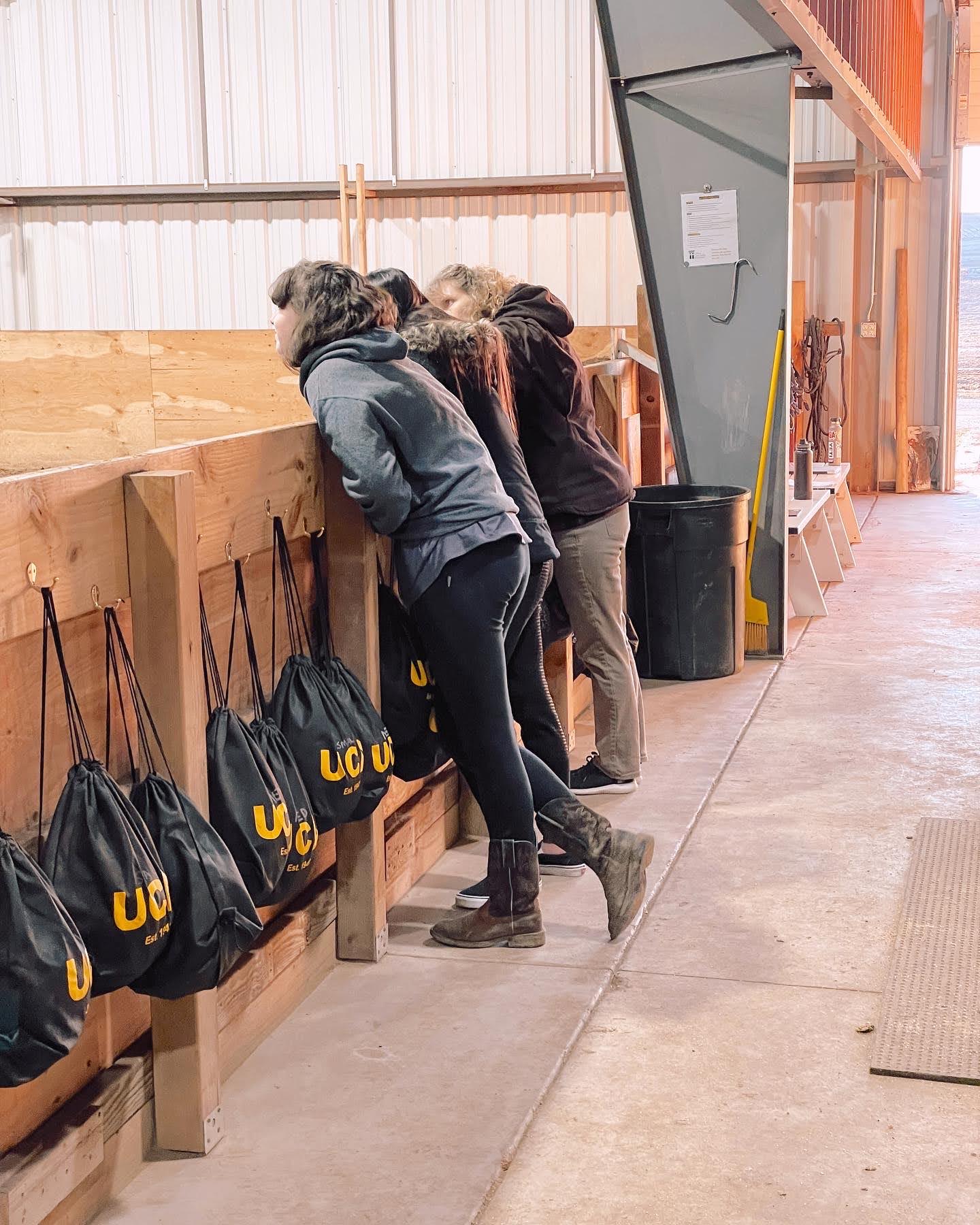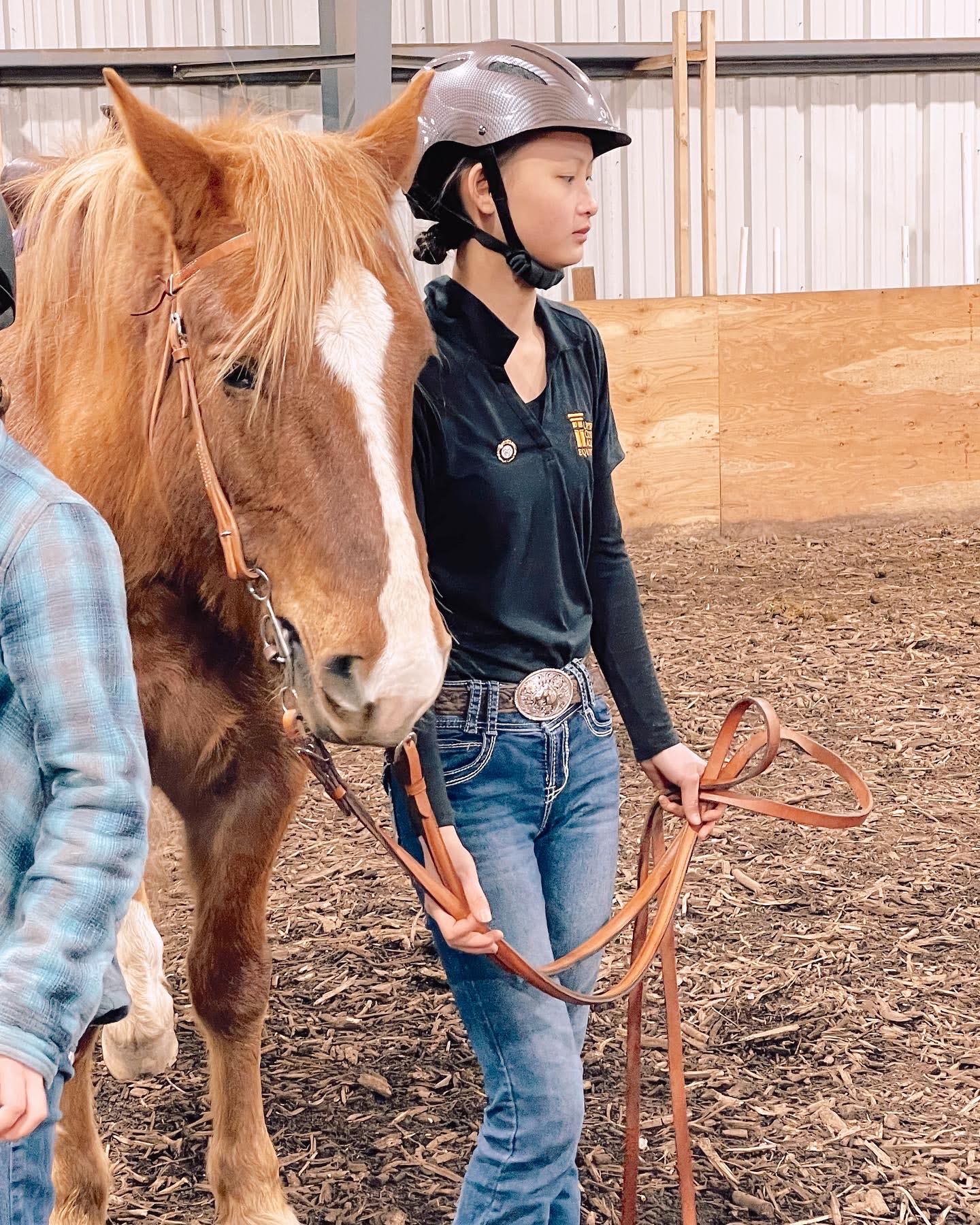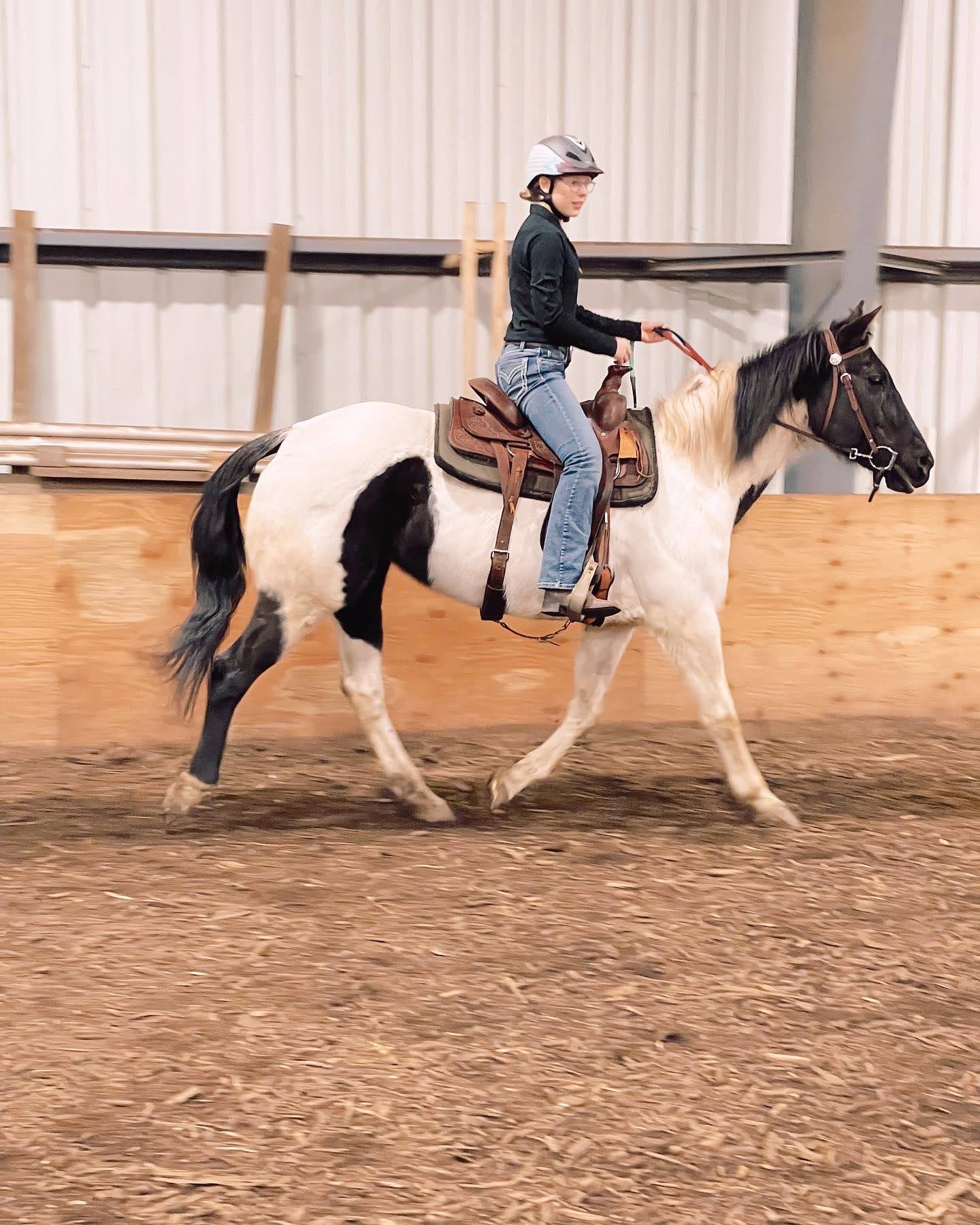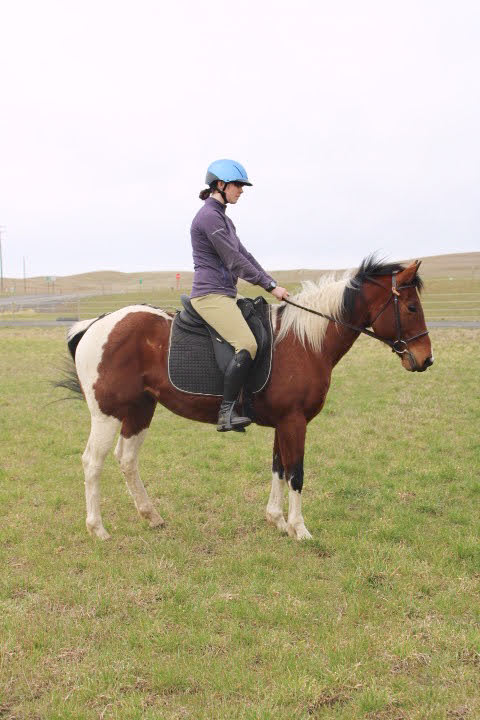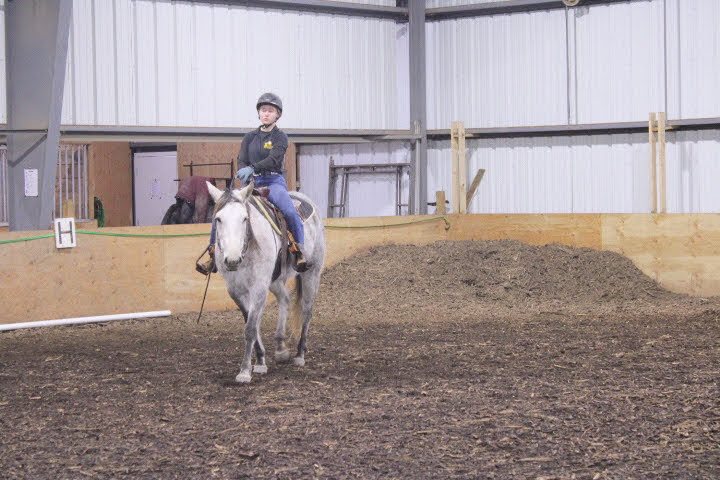Here at UCA we are a national Riding Center for USPC, The United States Pony Club. Pony Club is an international organization in 30 countries. It originated in the UK, but has strong youth riding organizations all over the world. In the United States Pony Club is the leading youth education organization with a detailed curriculum that allows students to earn riding certifications at a minimum of 9 levels in various disciplines and seats. Disciplines refers to a riding sport, ie jumping, dressage, western dressage, vaulting and more. Seats refers to the type of saddle a rider uses for their sport ie English jumping, dressage, hunter etc… western, Australian stock and even Spanish.
Our national status as a Riding Center for USPC was hard earned and only comes because of the experienced leadership and the certified instructors we currently have employed at UCA.
Membership is individual and entirely separate from any class or boarding fees for riders at UCA. Being a member gives access to curriculum, programming, learning and fun meetings almost weekly (home leave and vacation weeks excluded), opportunities to join certification tests and get rated as a rider, field trips, and more.
Our existing membership is strong and filled with motivated kids who love learning, growing, and earning their Pony Club ratings, and they are an important part of the positive, supportive culture we’ve built at the barn.
- Want to learn more? Follow this link to learn more about Pony Club: Pony Club
- What does it cost? Total will vary, but the upfront cost is $180 plus the purchase of
this medical armband: Tough 1 Emergency Medical Arm Band. This band is required at every mounted meeting or one that involves horses. Other fees will be based on individual activities. Field trips and ratings for example have a charge per activity or test.
- What do they get? Access to the curriculum is worth it, but we’re also paying for liability insurance, administration of all our records, and the club/center meetings and materials.
- What are the benefits? Parents who have invested in this organization for their children have been shocked at the benefits. Students become more focused in their riding, more responsible, more aware of both their horsemanship and social responsibilities, and their confidence increases in every area of their lives. Sounds like a lot of promise; it’s actually just the reality of what this program does. *Note – we encourage, support and actively put ACADEMICS 1st. Pony Club is about a whole person – not just his/her riding. Long term, Pony Club will make a rider better equipped for ANY of the following without question: 1) horse ownership, 2) equestrian jobs or business owners, 3) competitive rider in ANY discipline, 4) good citizenship as an employee, community member, etc…
- Anything else I need to know? Sometimes the skiing trips at UCA in the winter conflict with PonyClub and progress towards certifications. We totally support every student’s right to choose their activities, but he/she may not be able to do both fully if he/she is signed up for both. PonyClub is a very involved extracurricular.
- When do you meet? Tuesday nights during rec period – last year 6pm, every week except home leave weeks and vacations unless otherwise stated, some Sundays scheduled for riding practice, testing, or preps for certifications, and the occasional other day of the week for field trips.
Interested in joining? You are always welcome to visit one or more of our meetings to see what it entails, but as a non-member, you will be unable to participate in any horse related PonyClub activities. Mounted and hands on horse work is limited to members due to liability and membership restrictions.
Ready to join now? Memberships are by Riding Center invitation. Send an email to Holly Haeger requesting an invitation. I’ll need a parent email, student’s age, and first and last legal name of both the prospective member and the responsible guardian/parent in order to set up the invitation and get it sent out.

